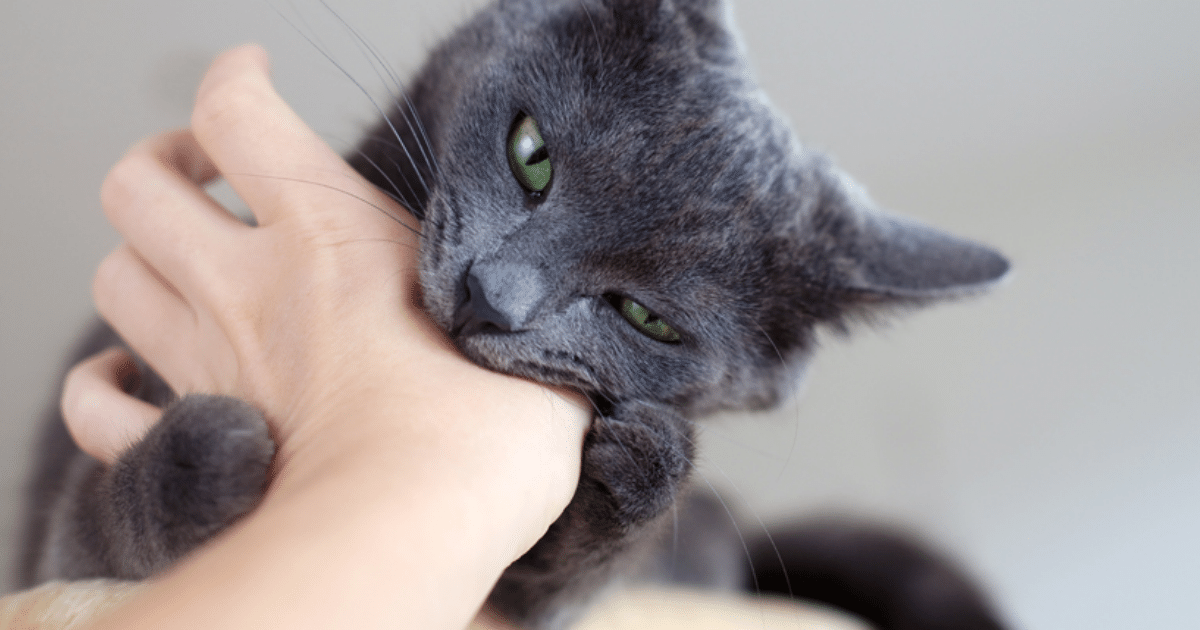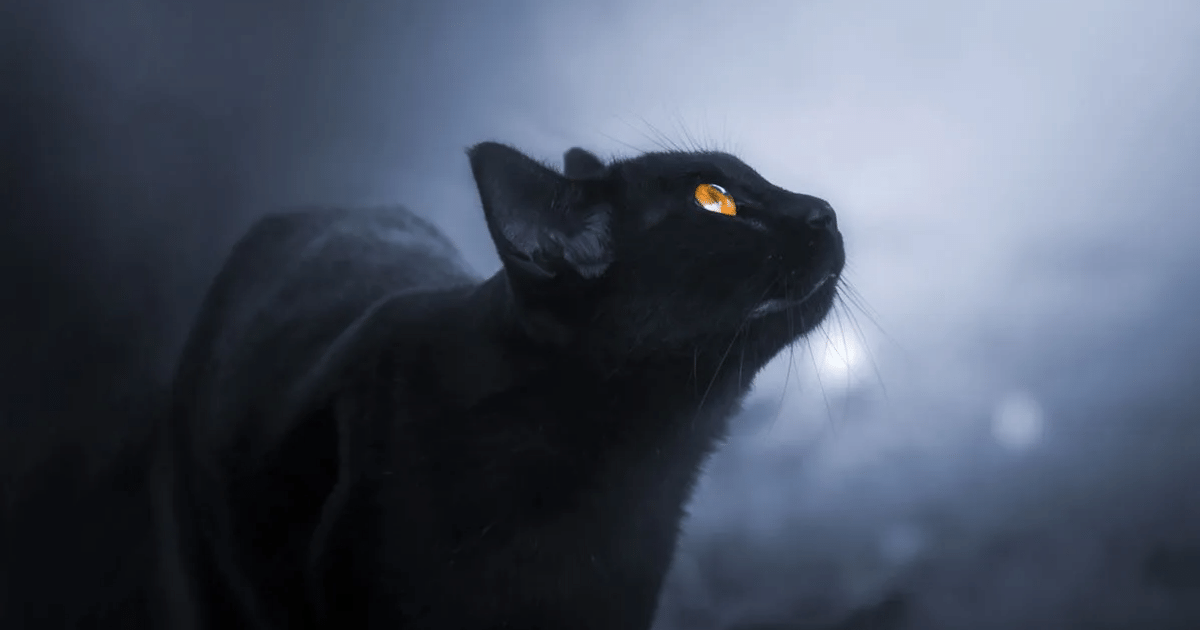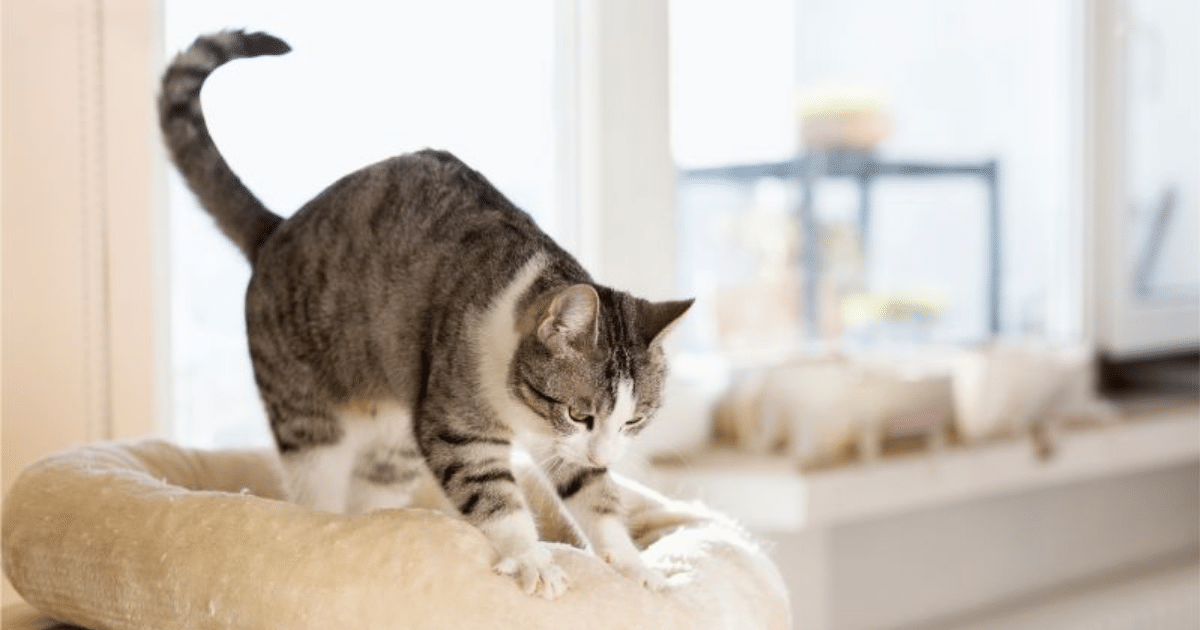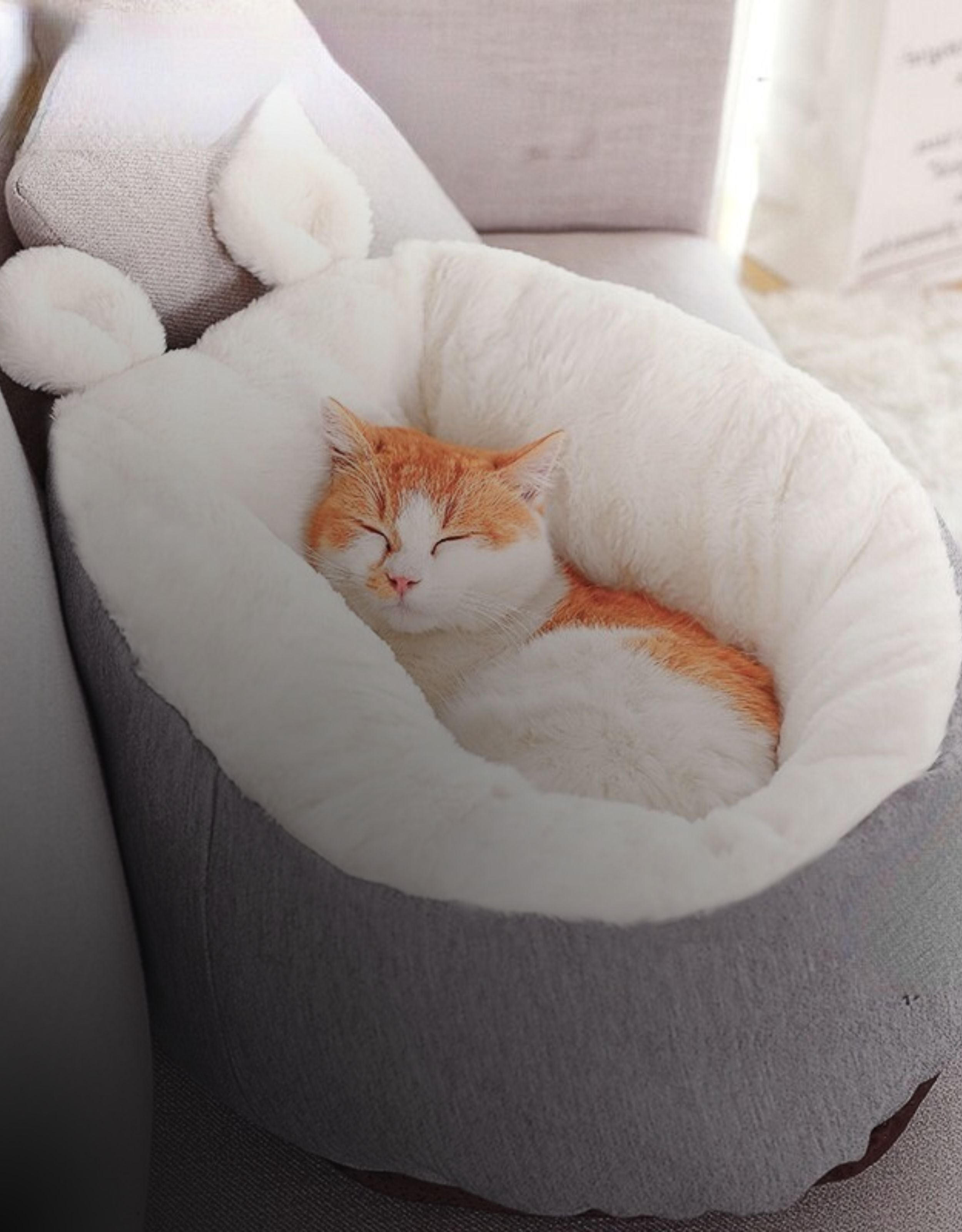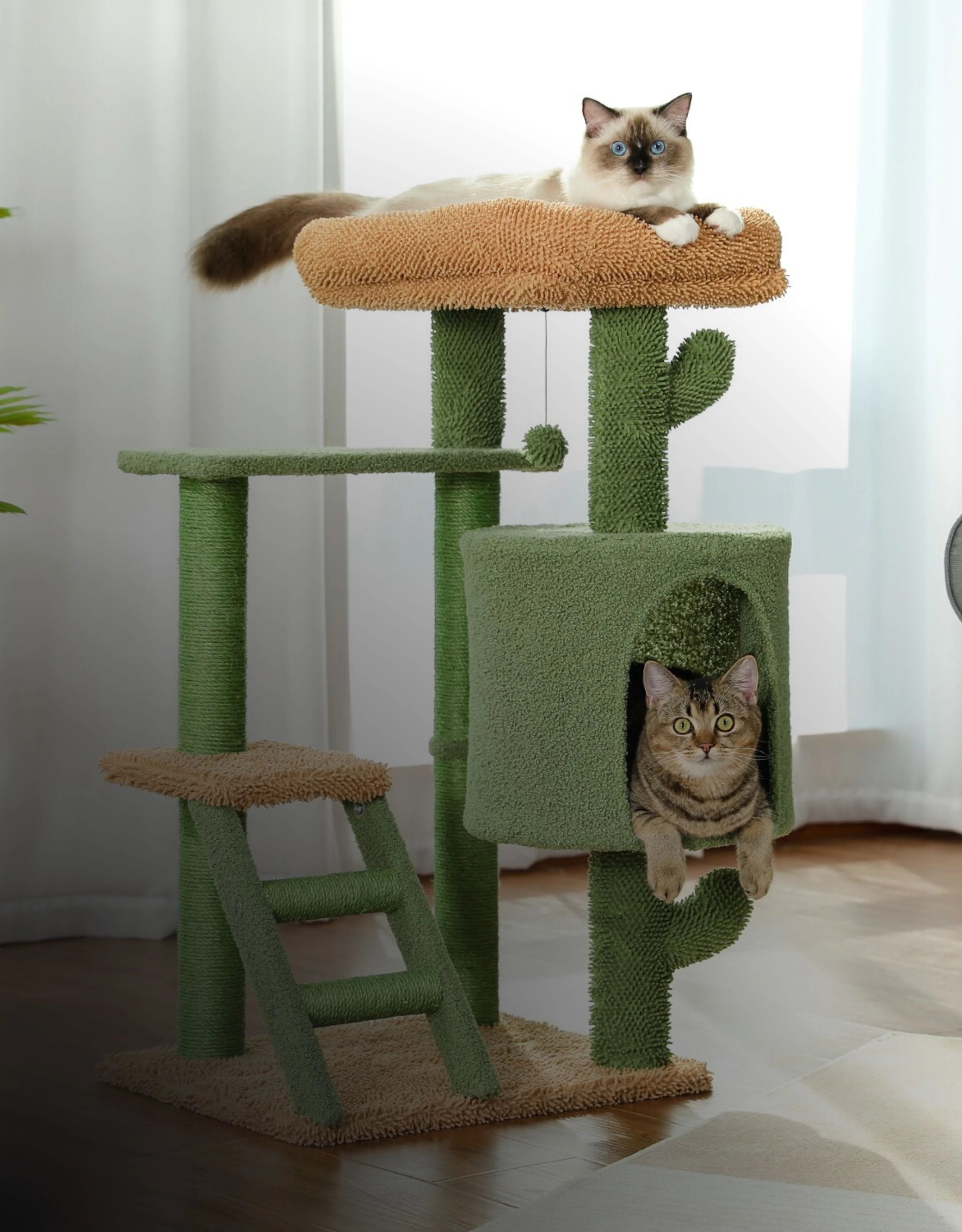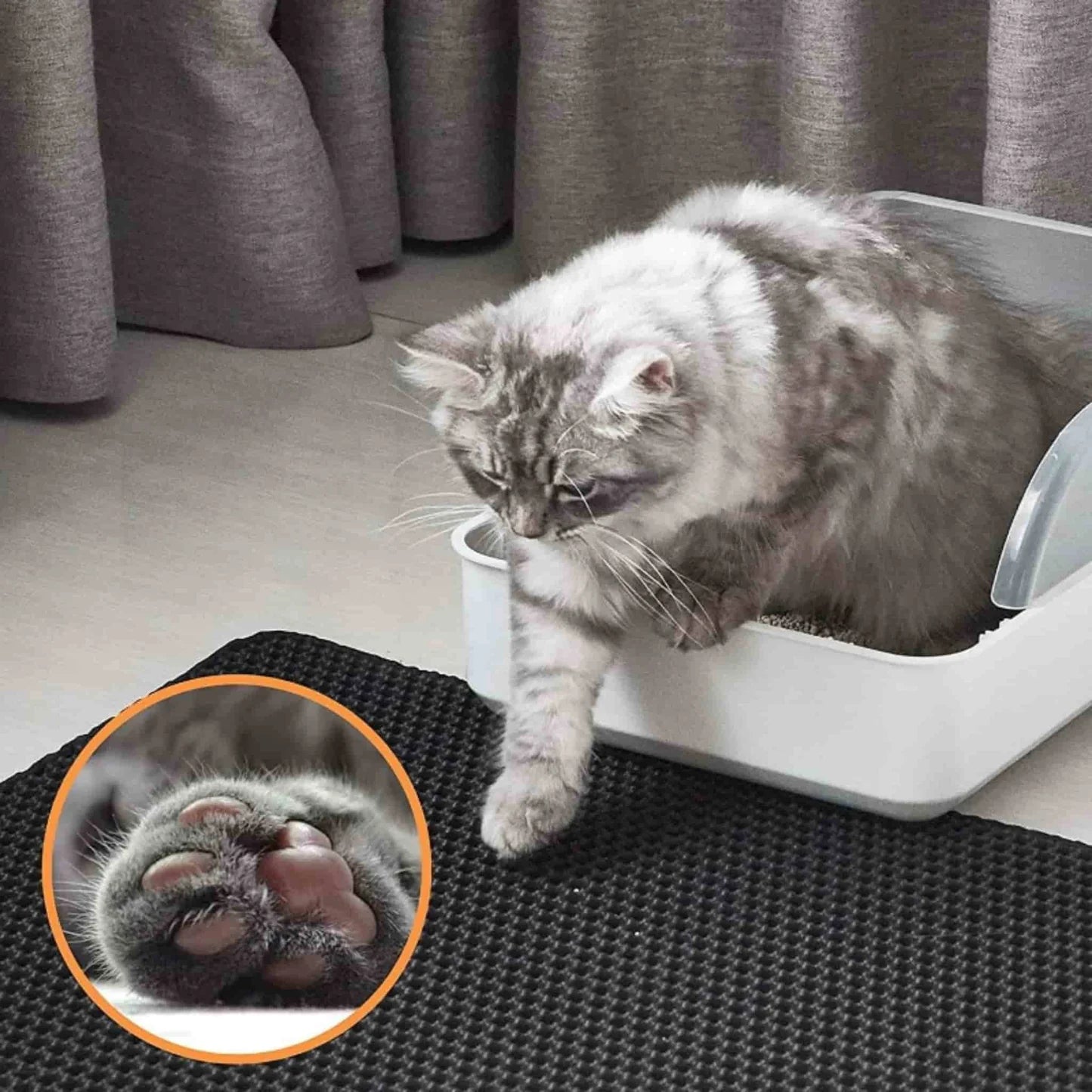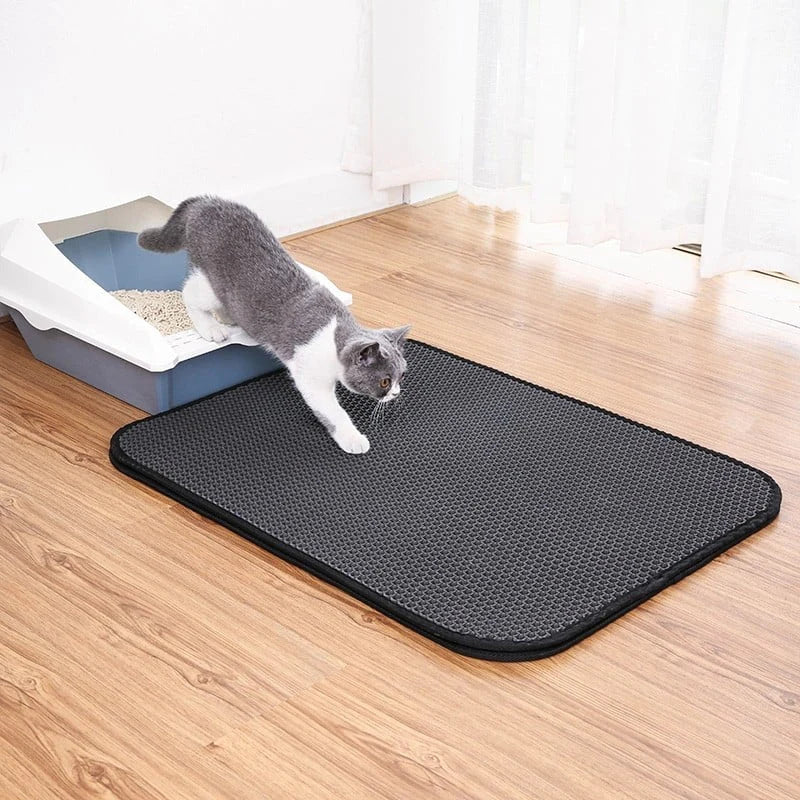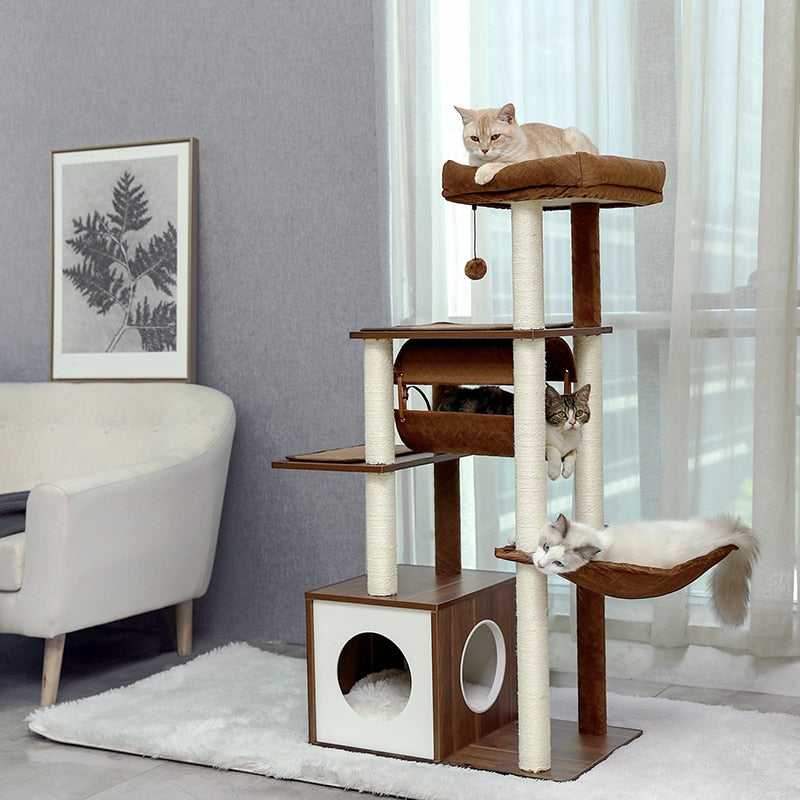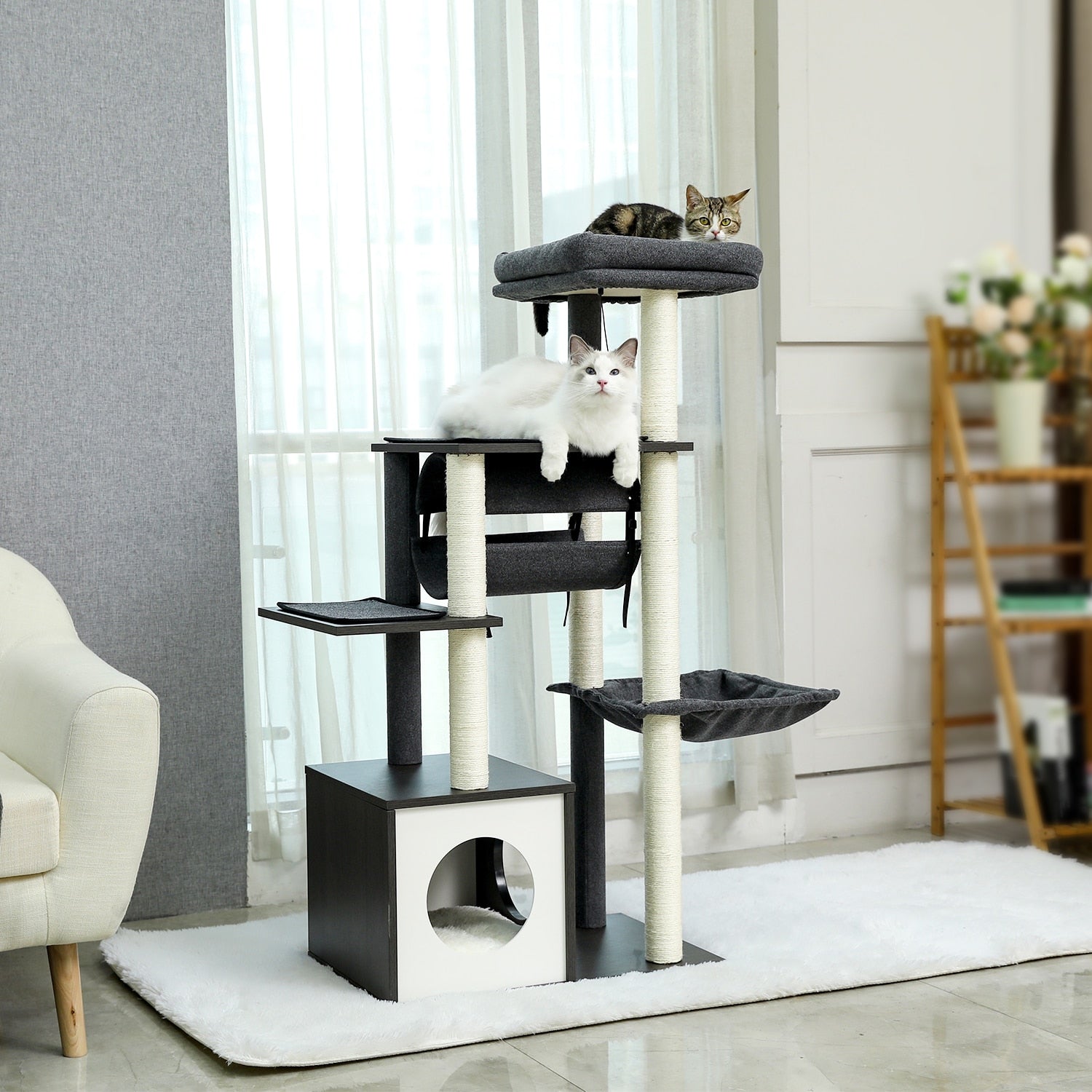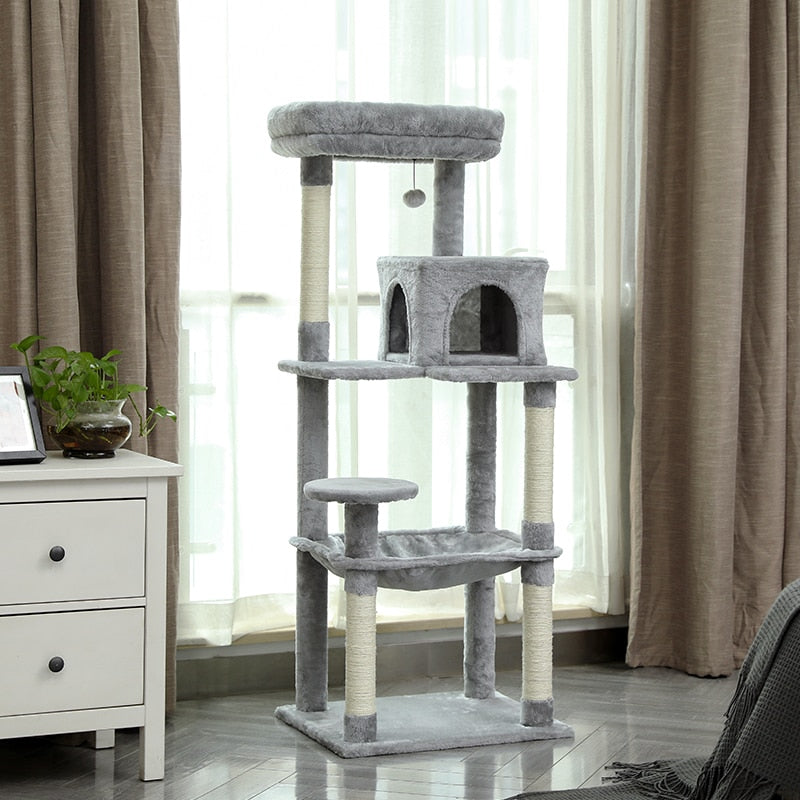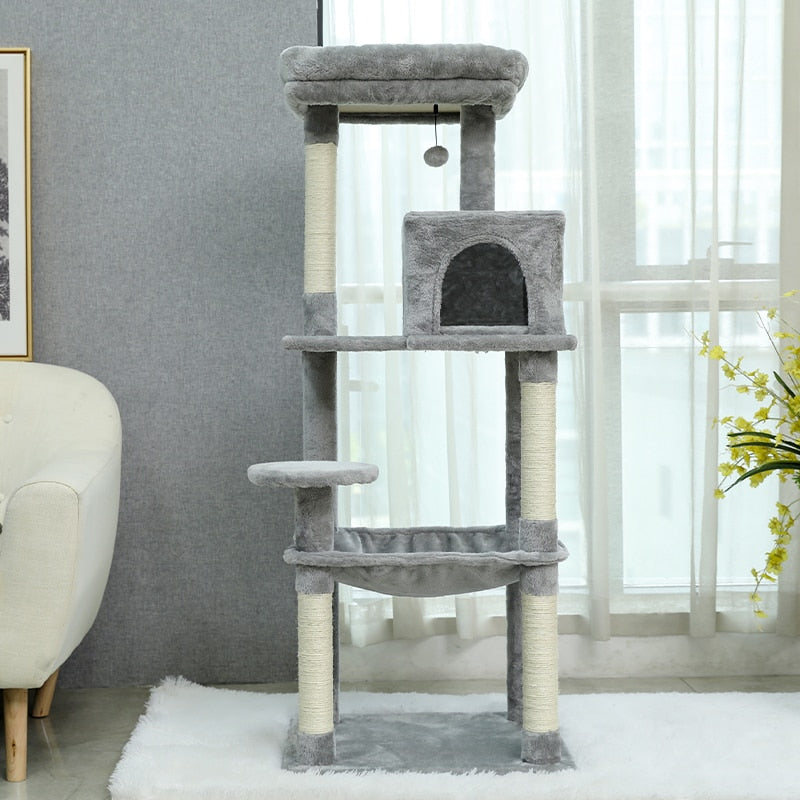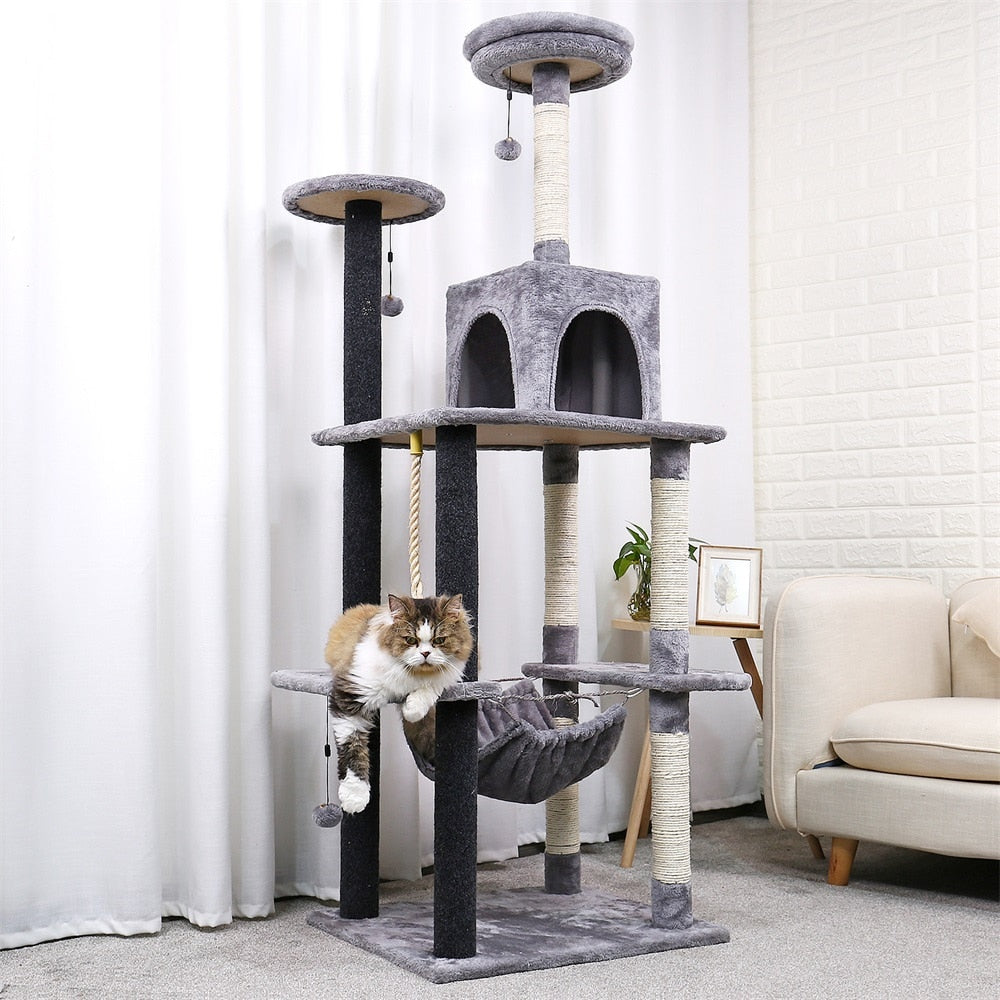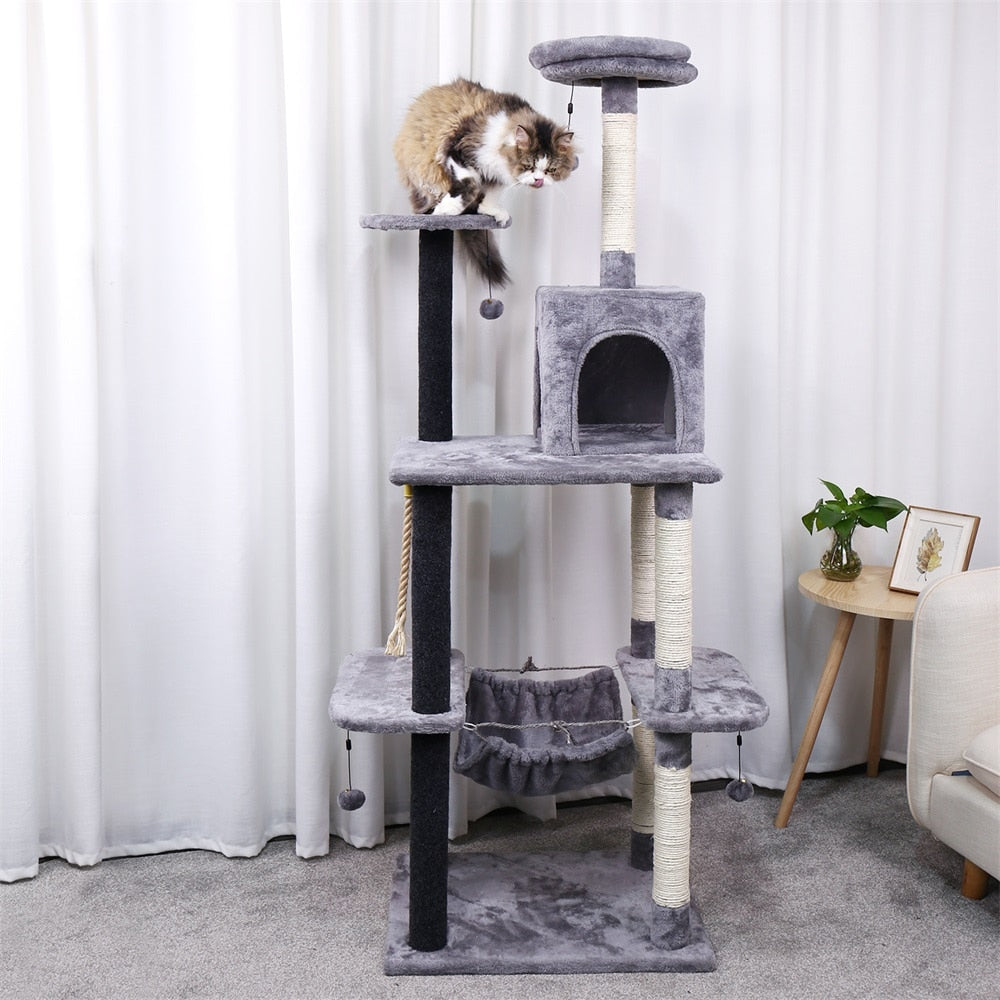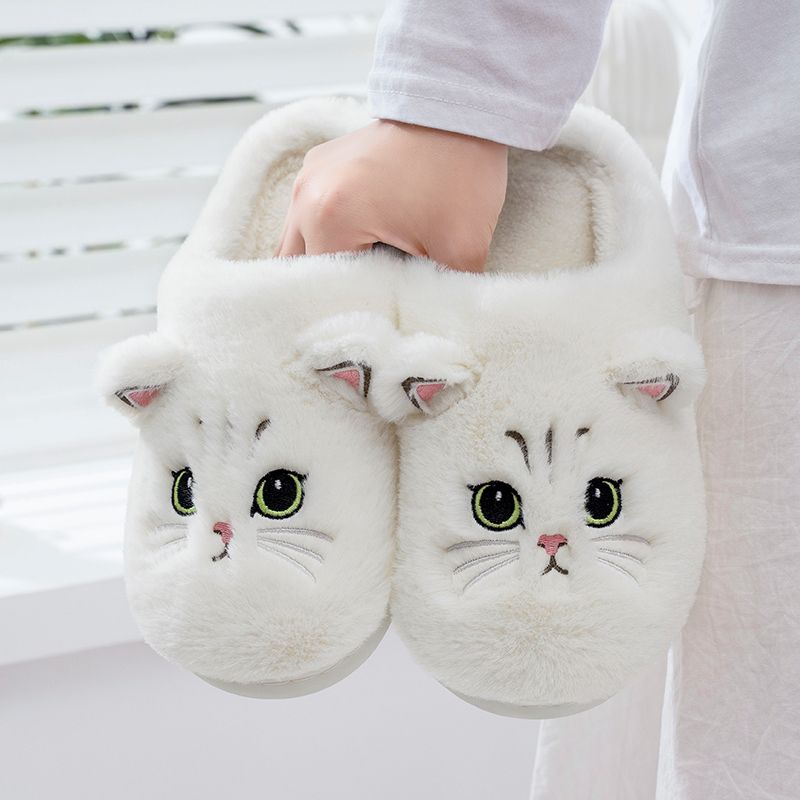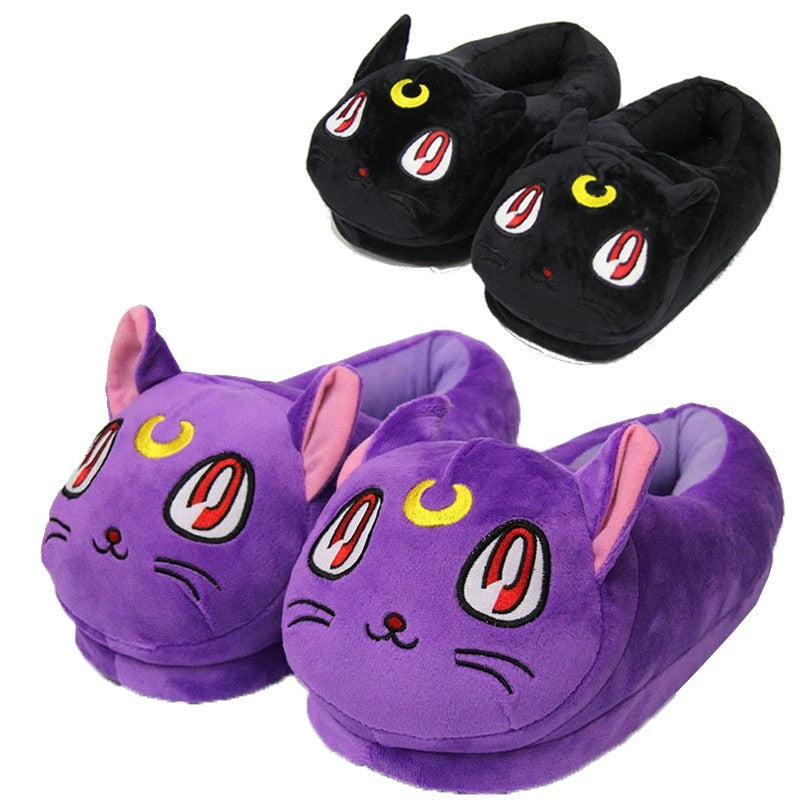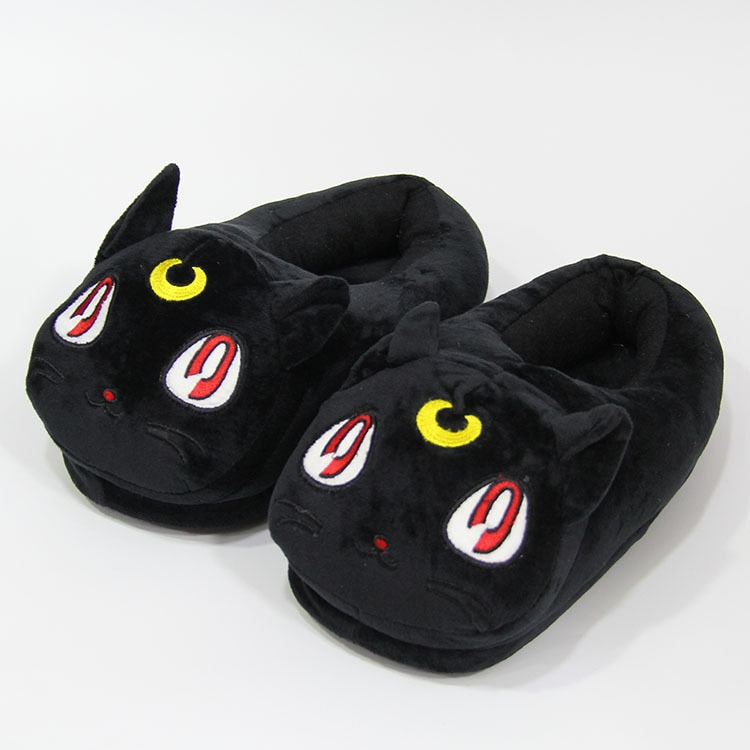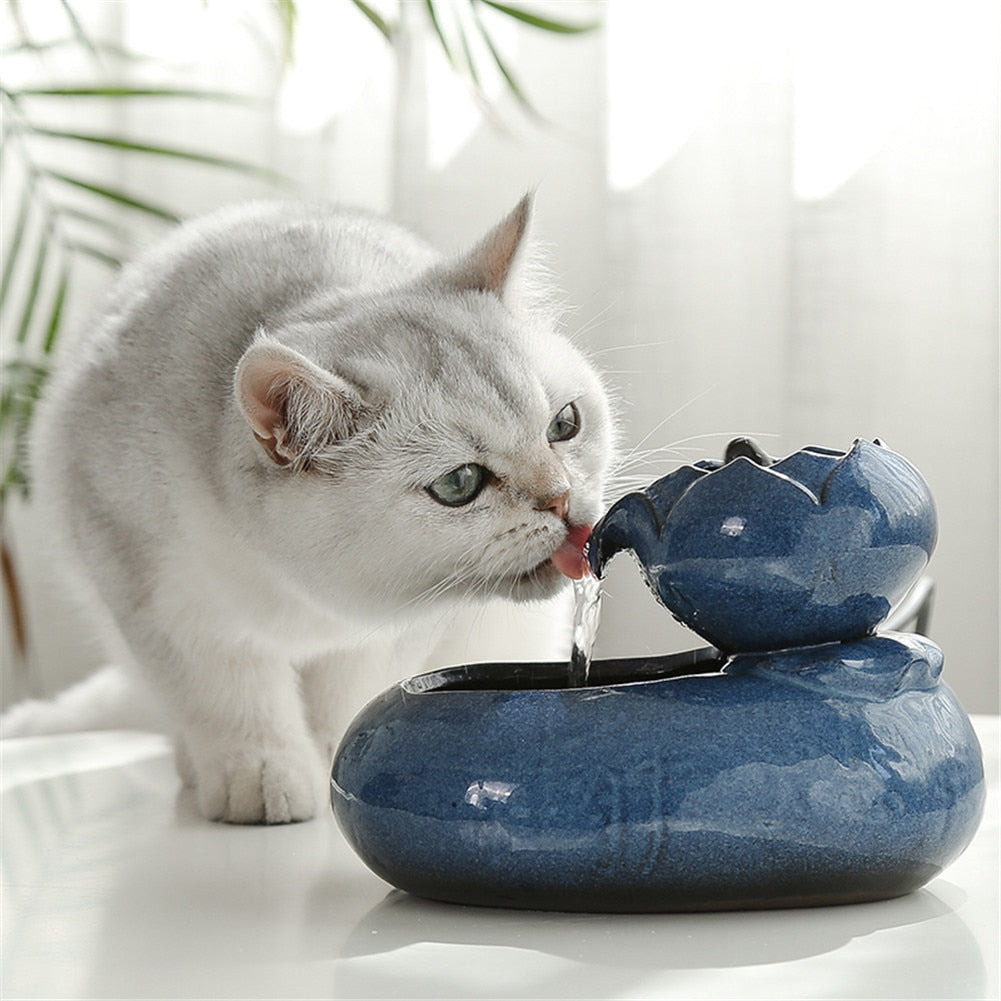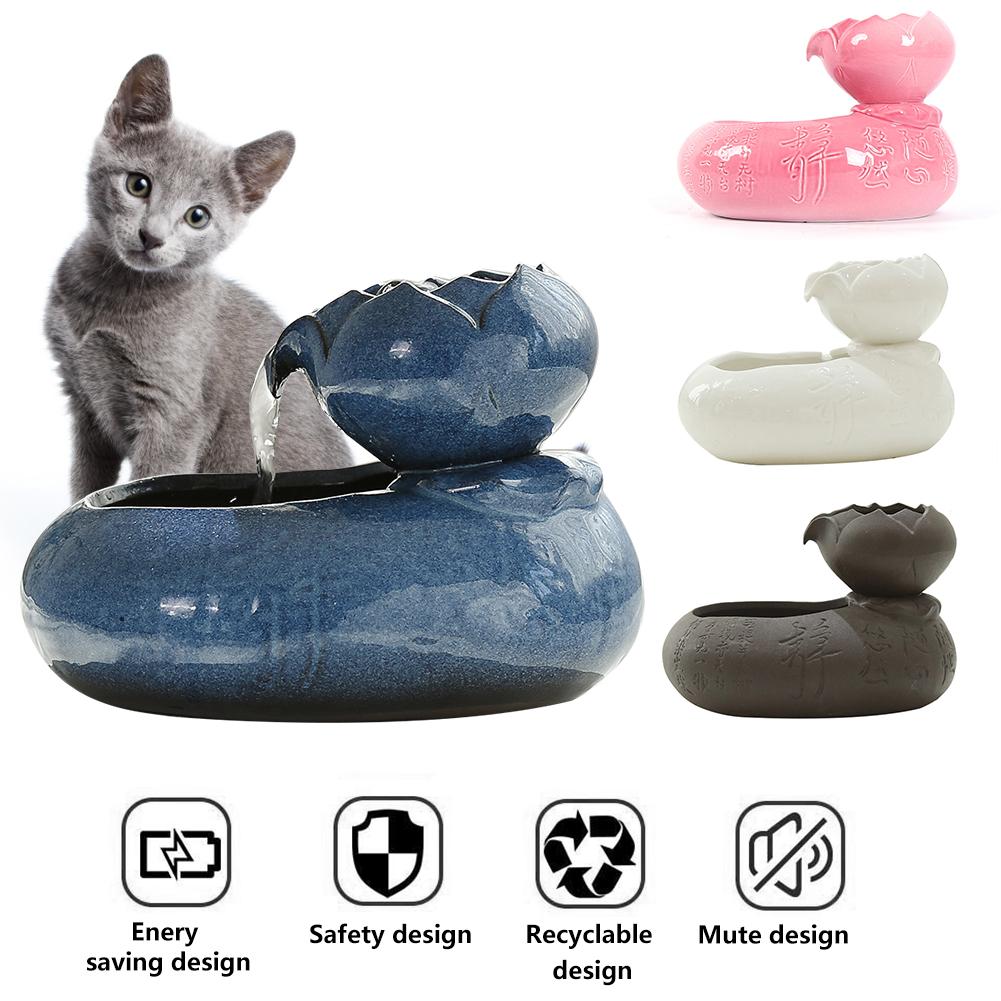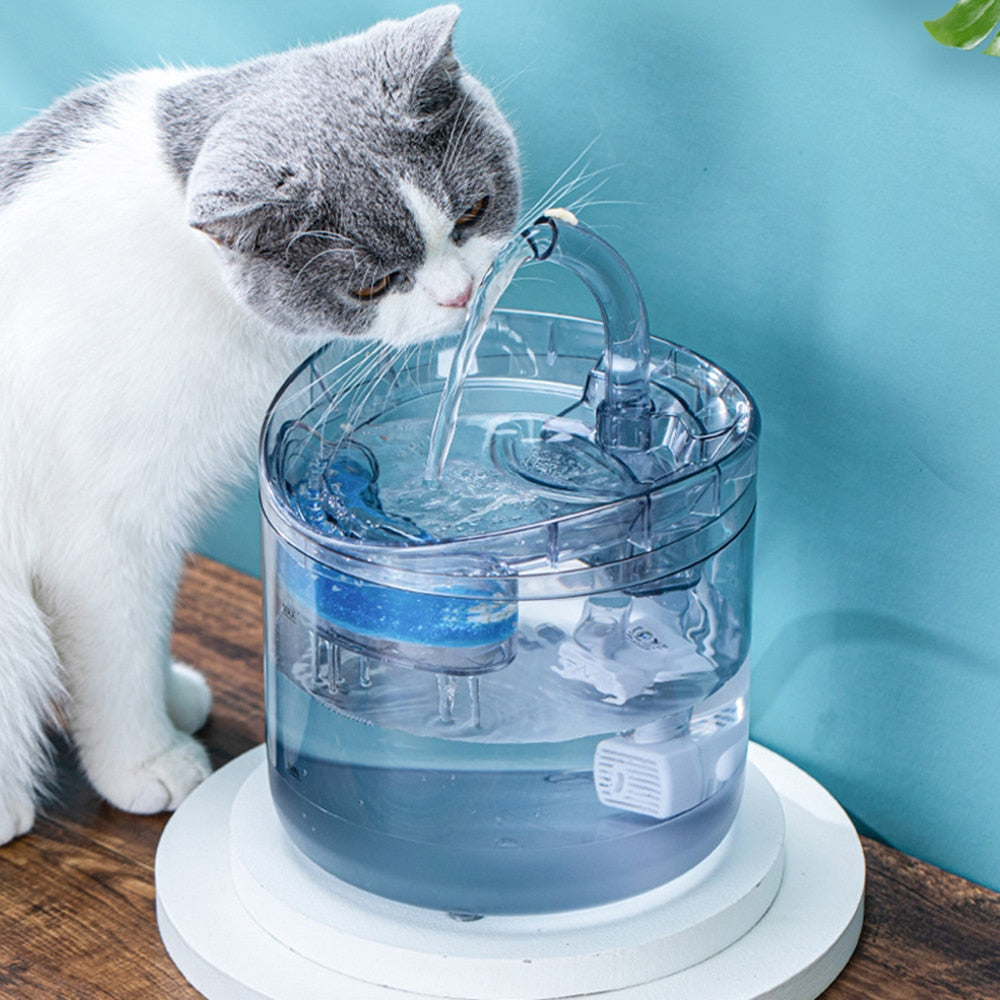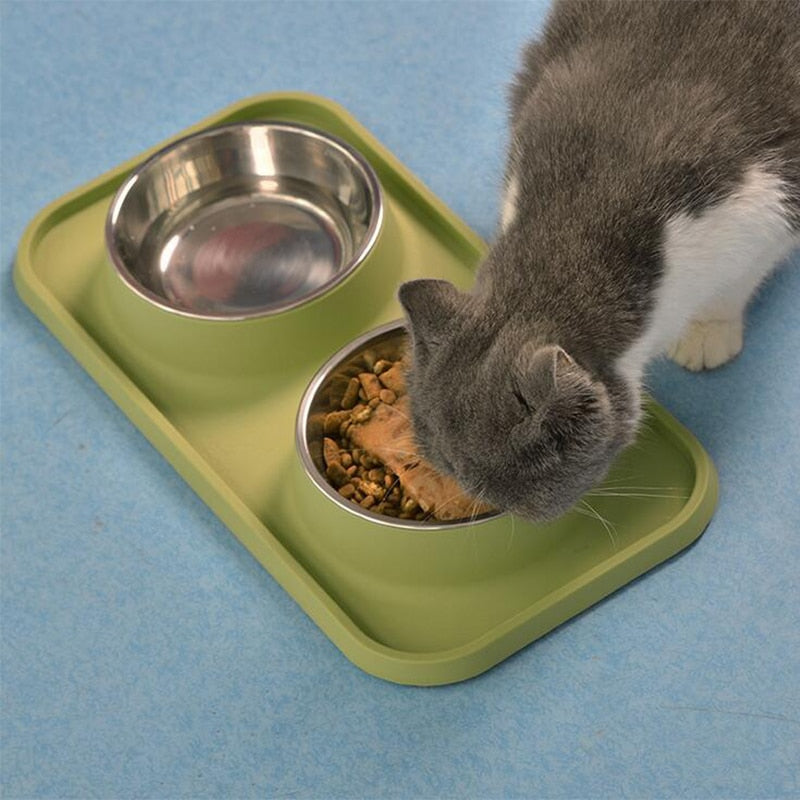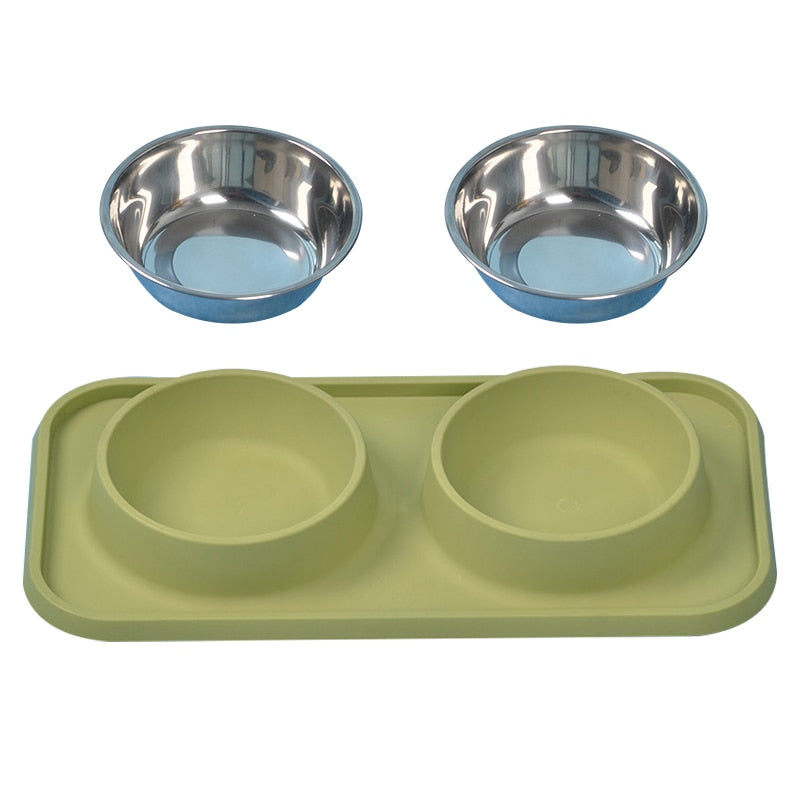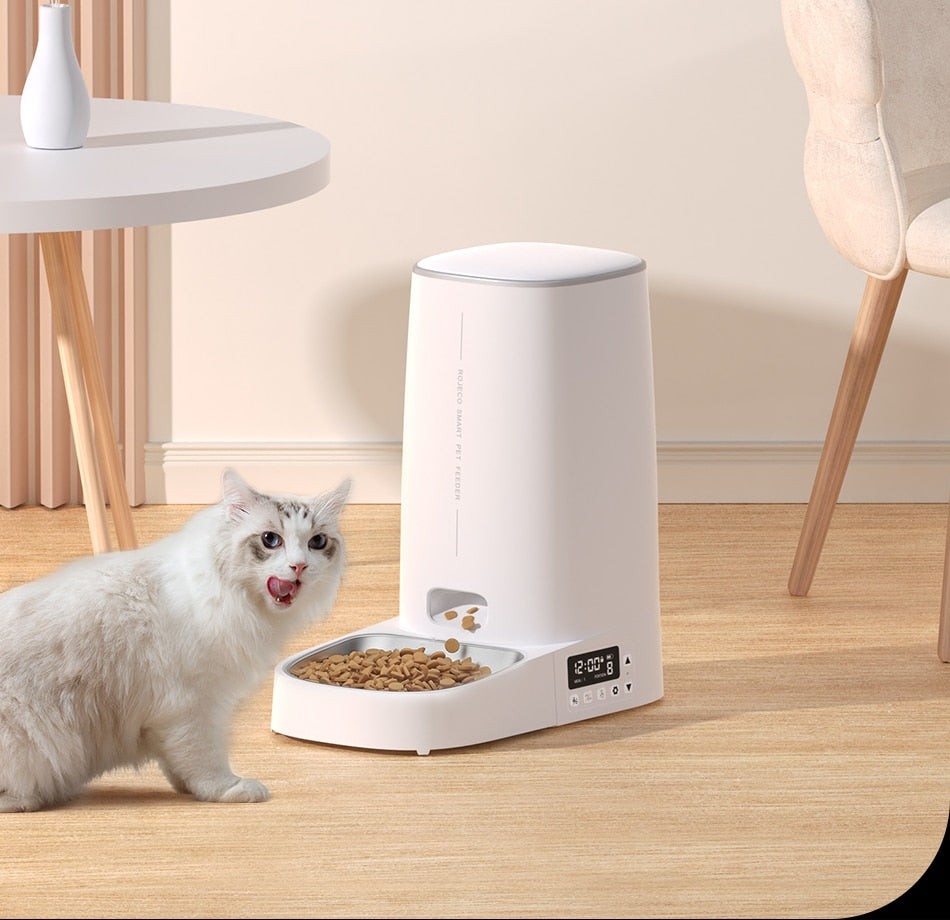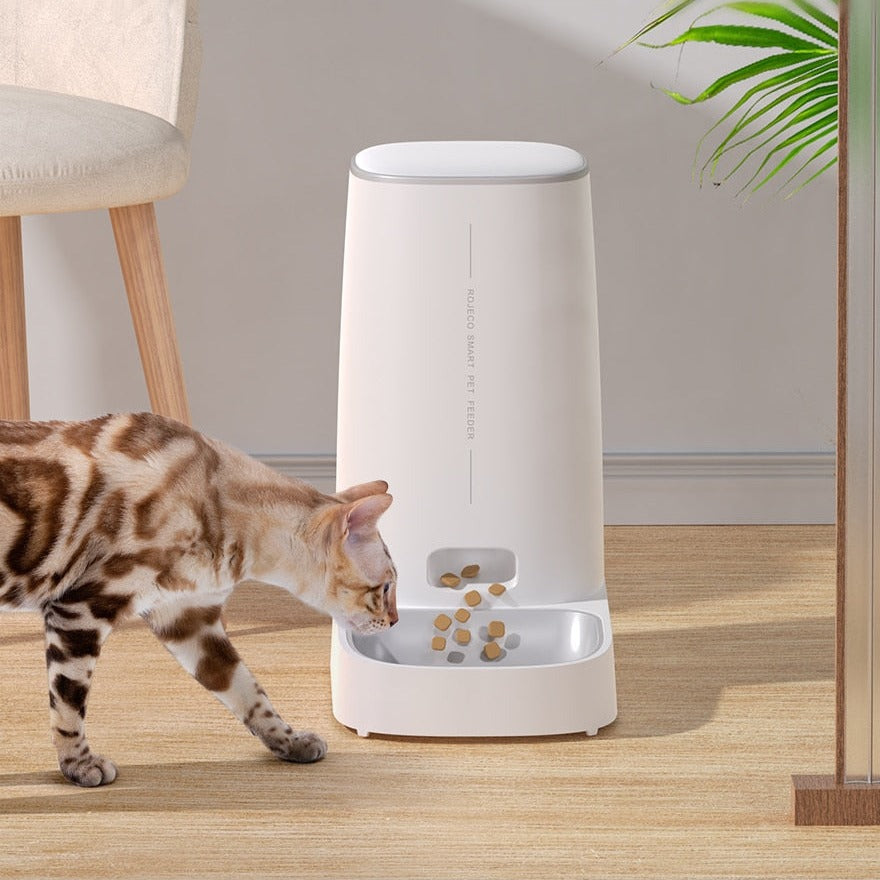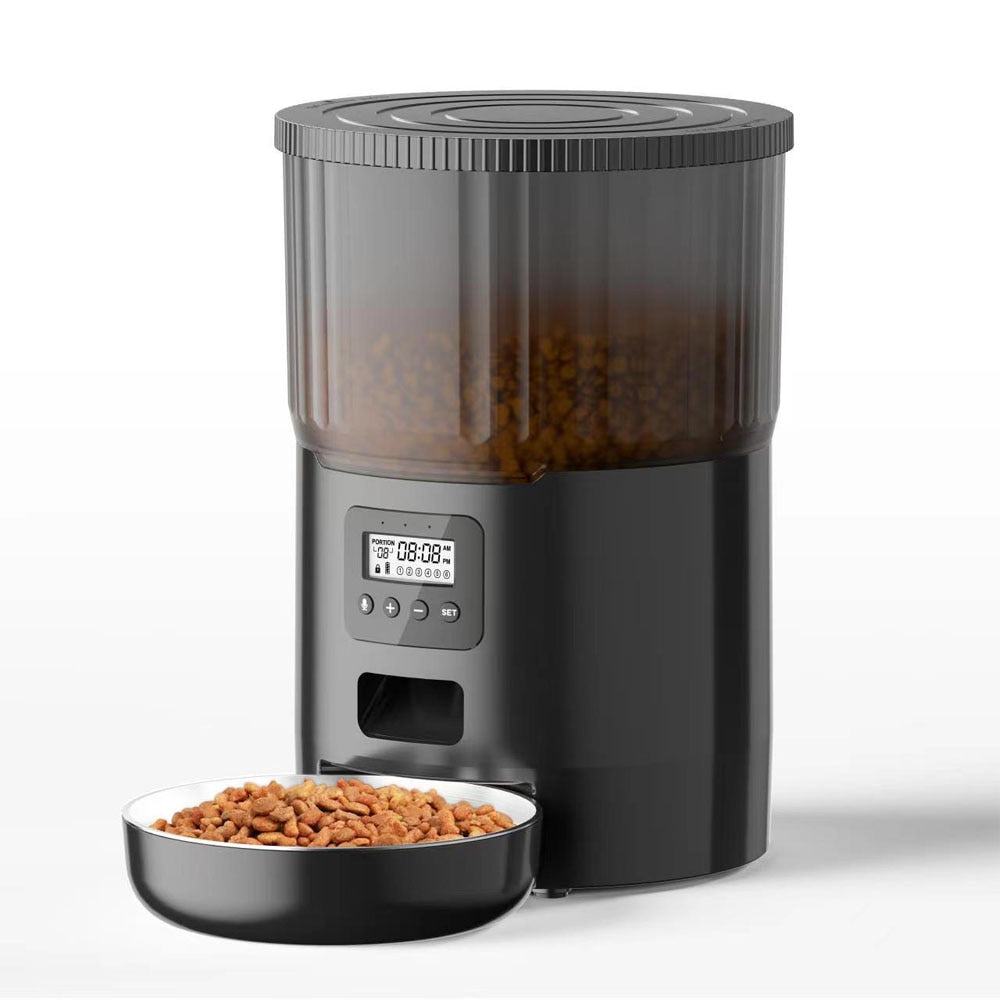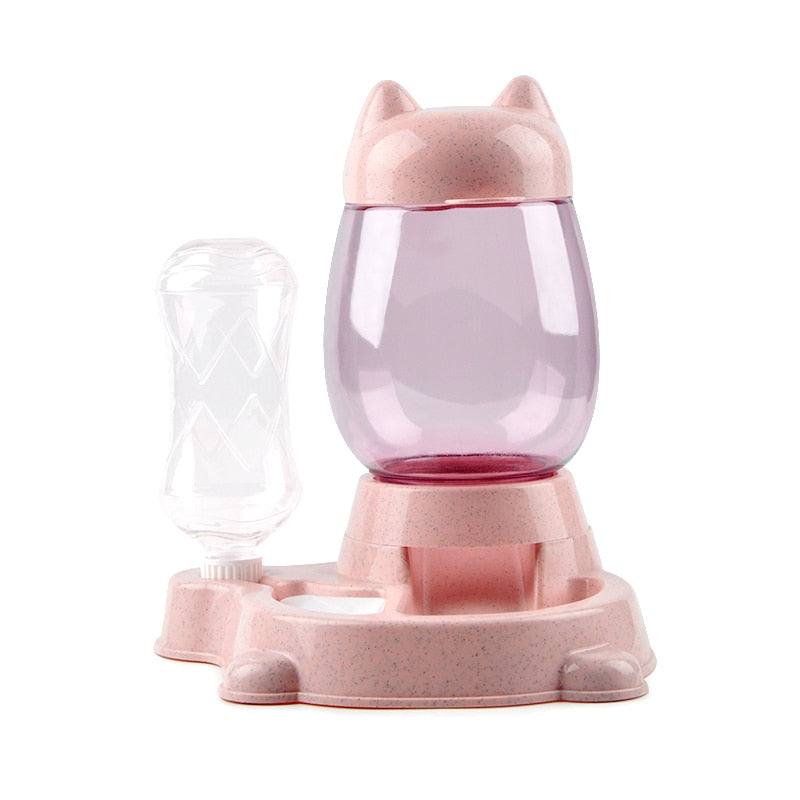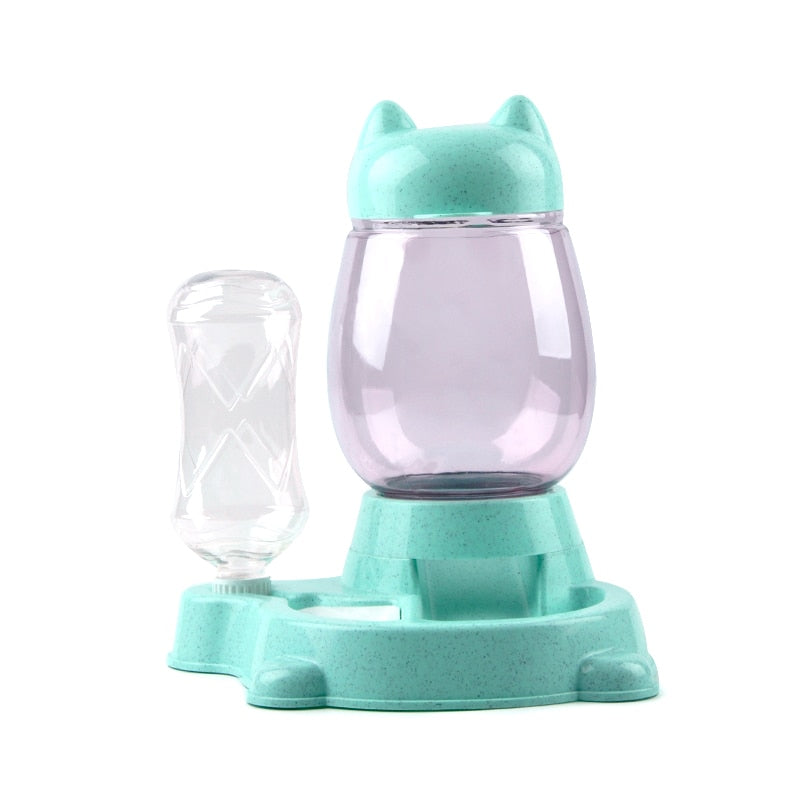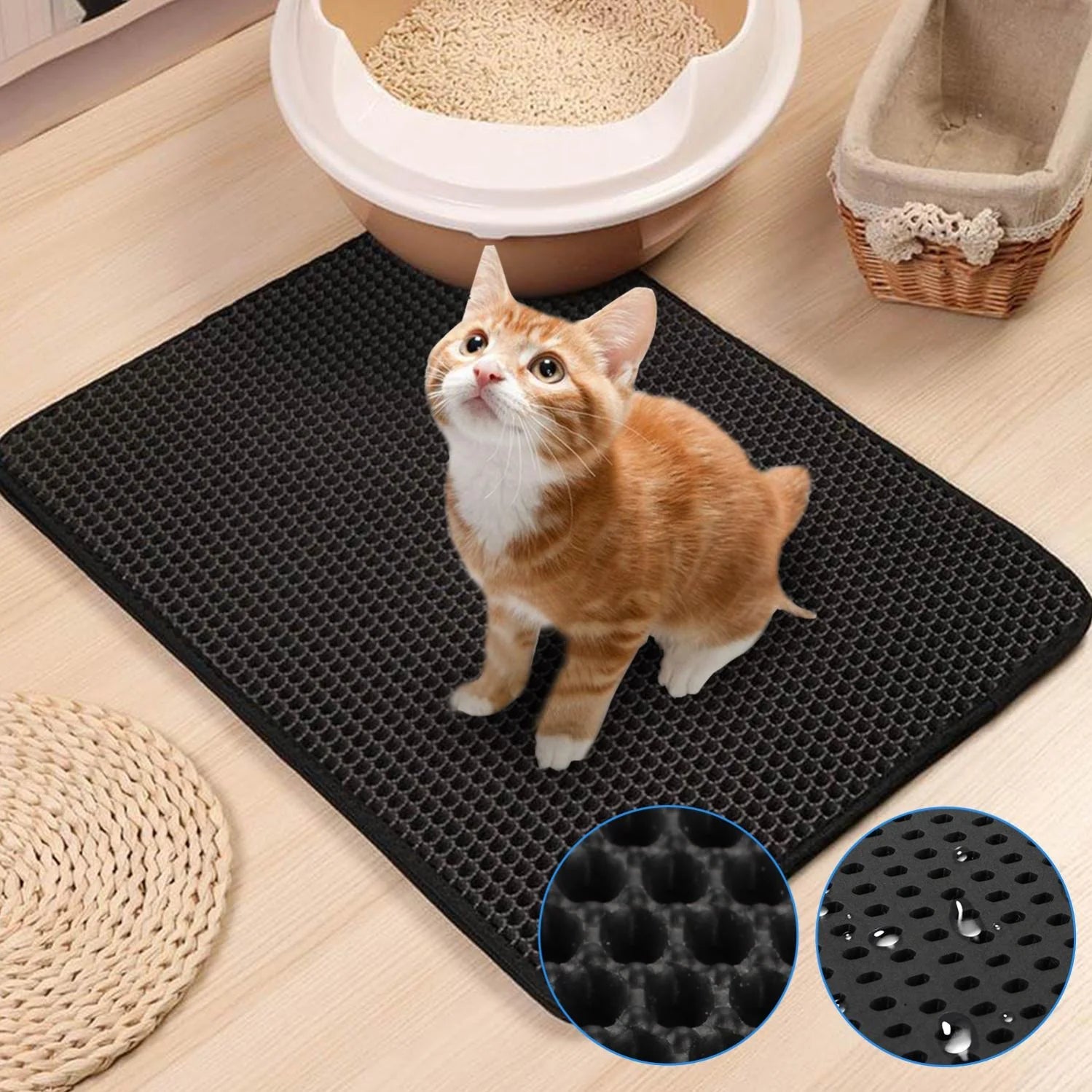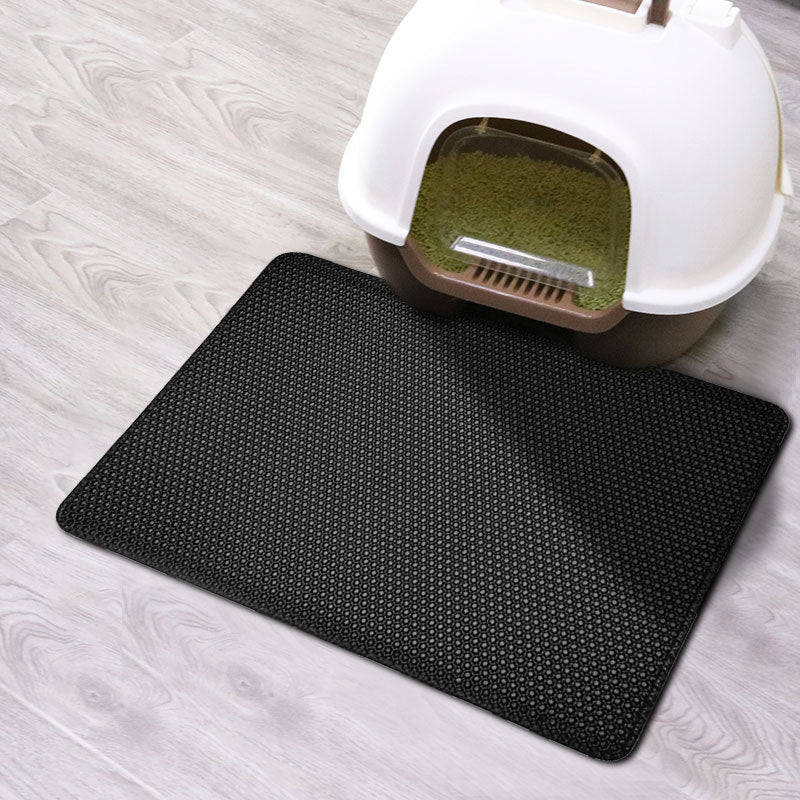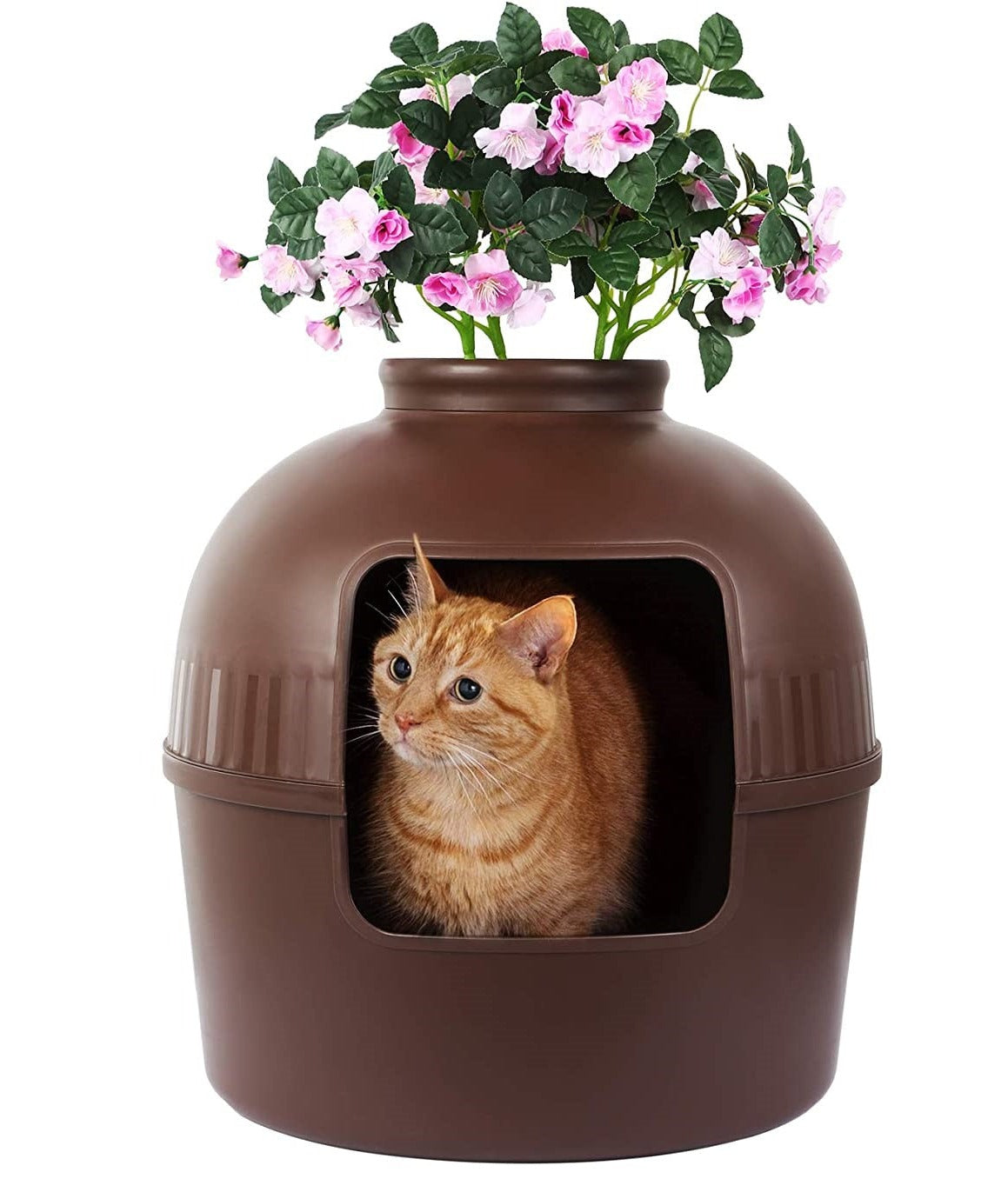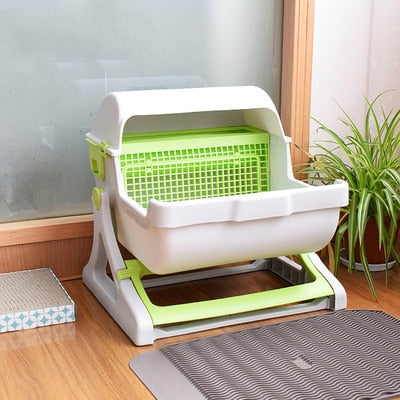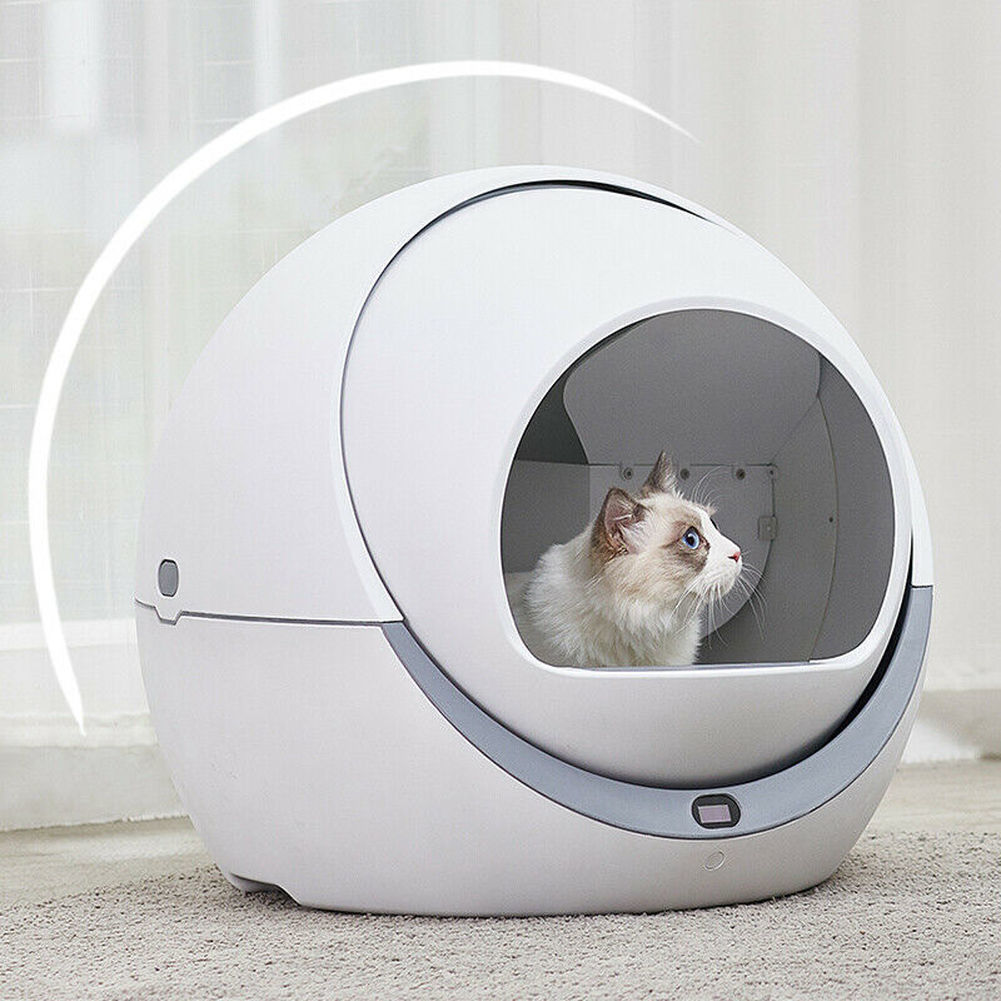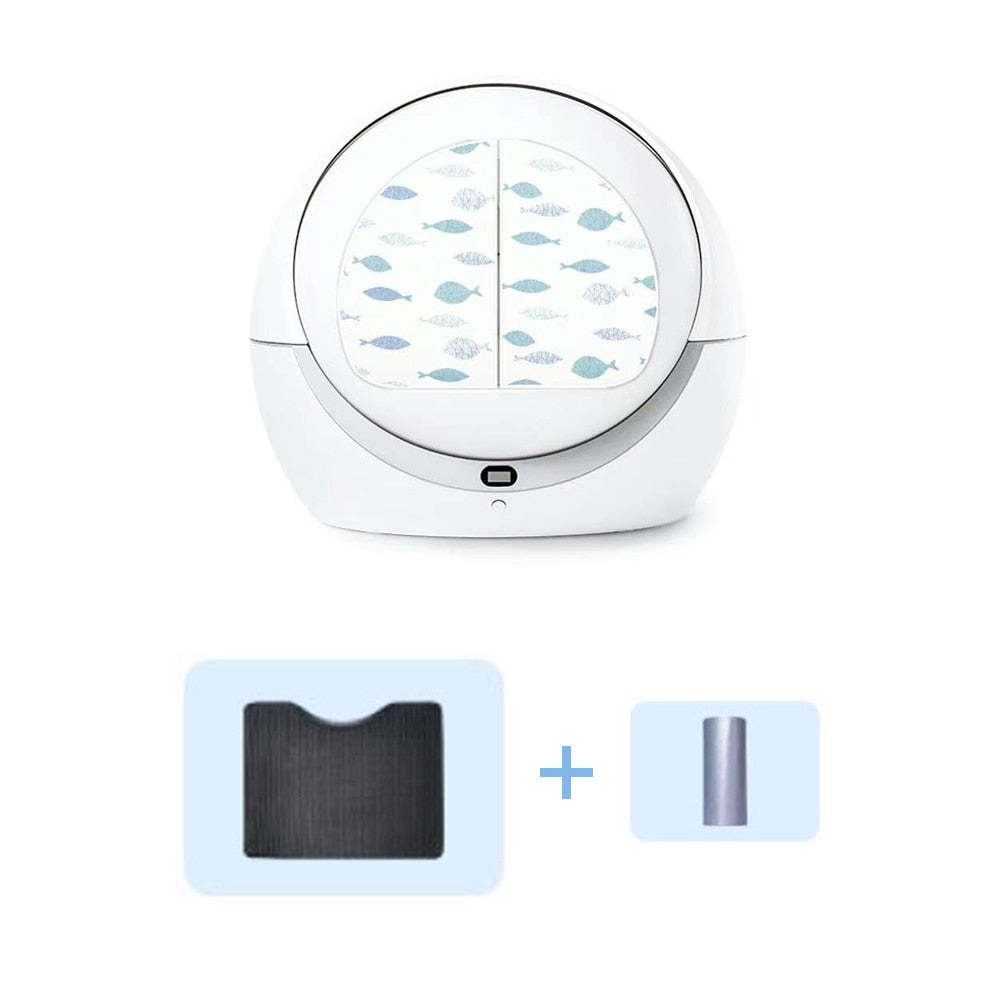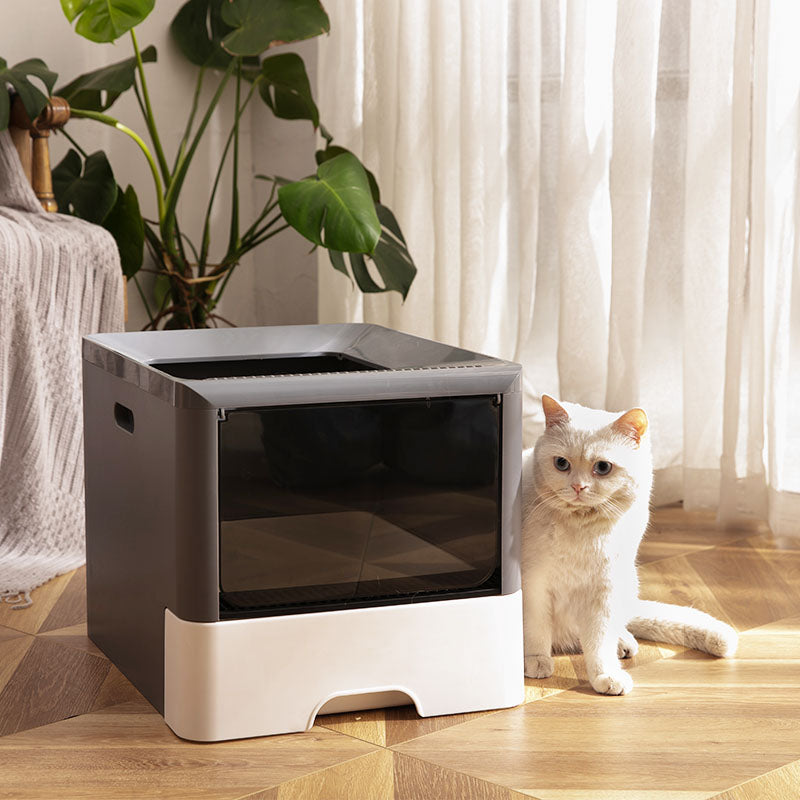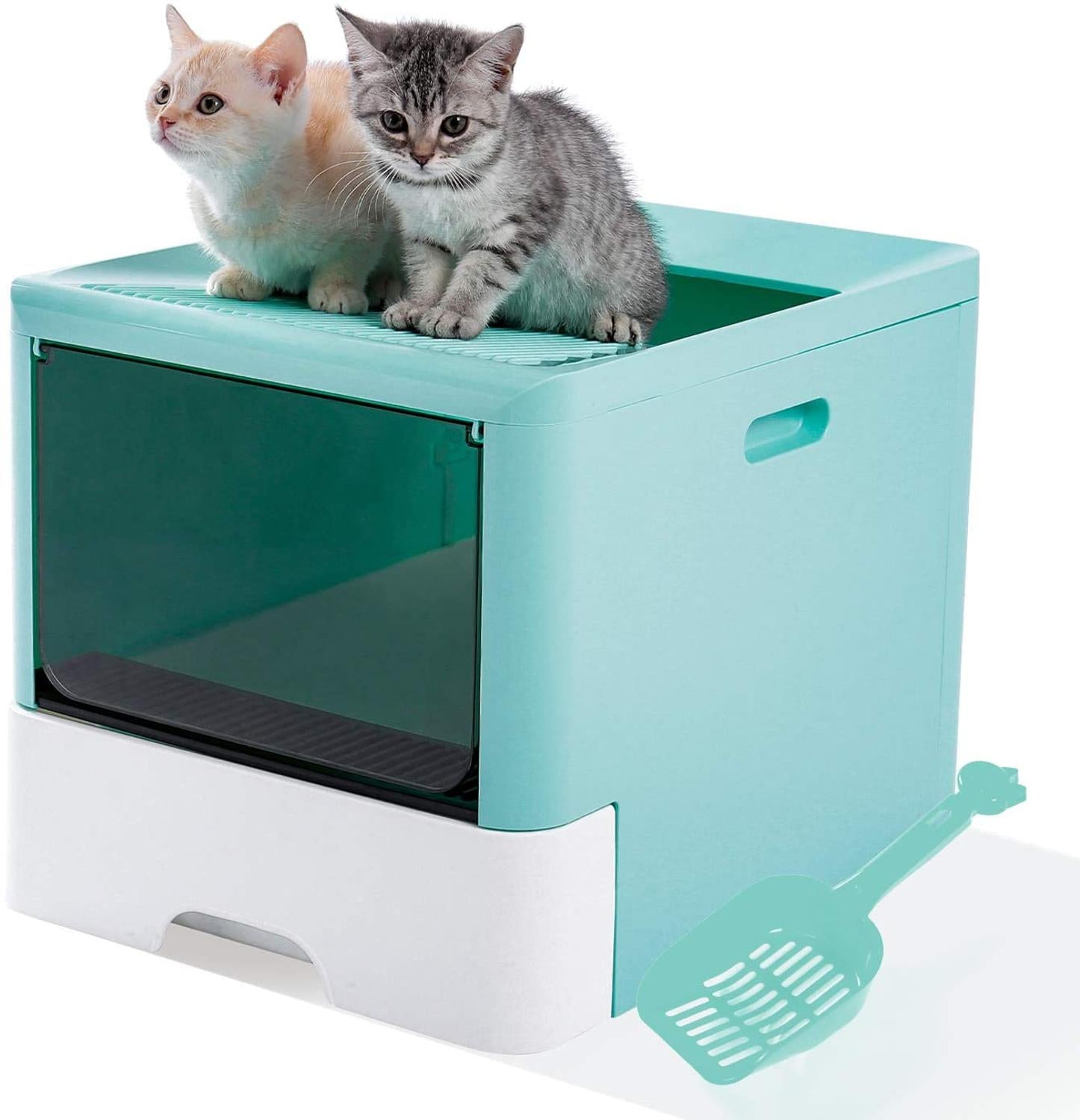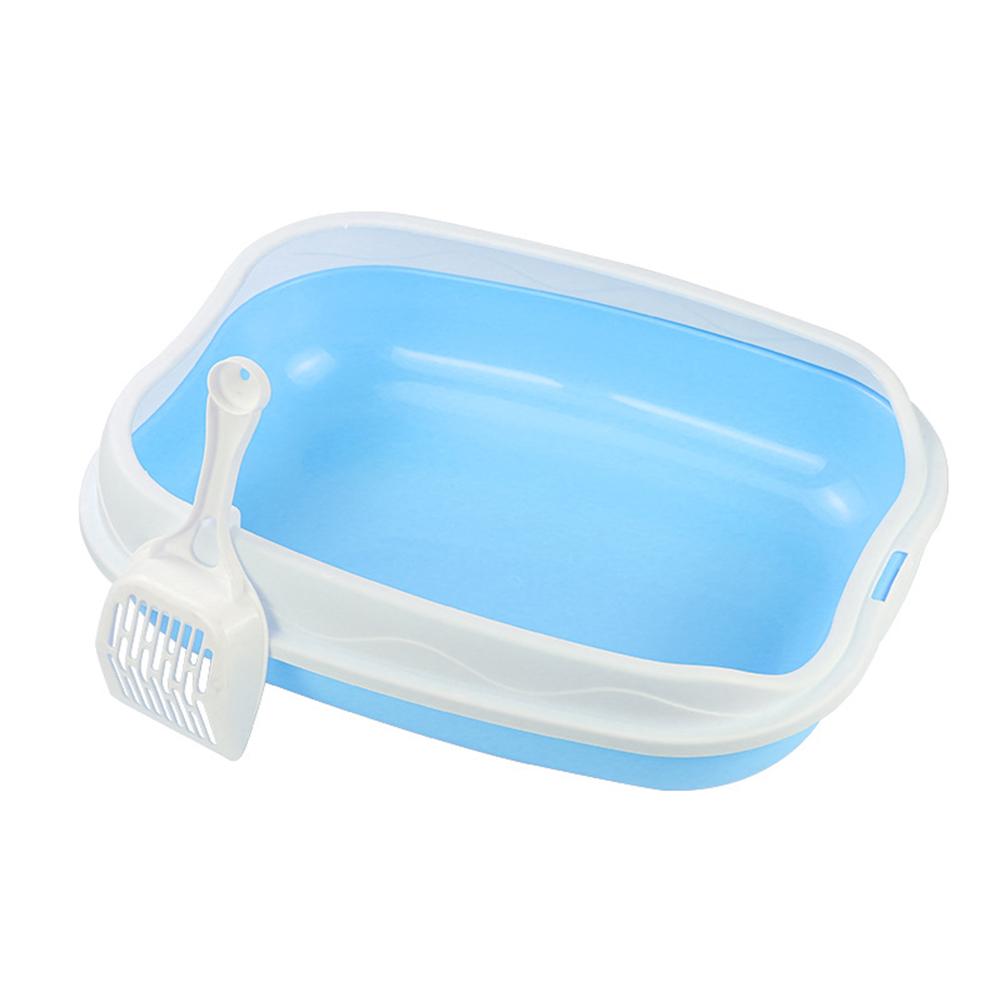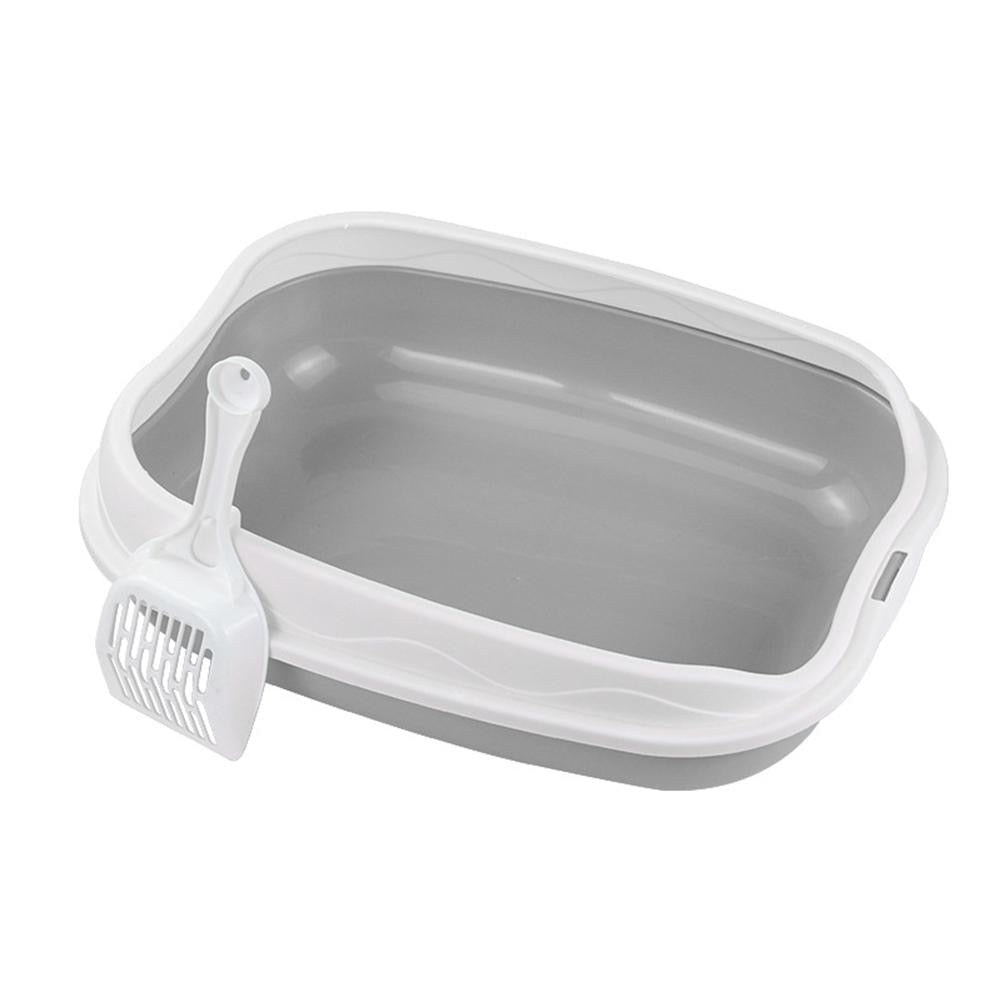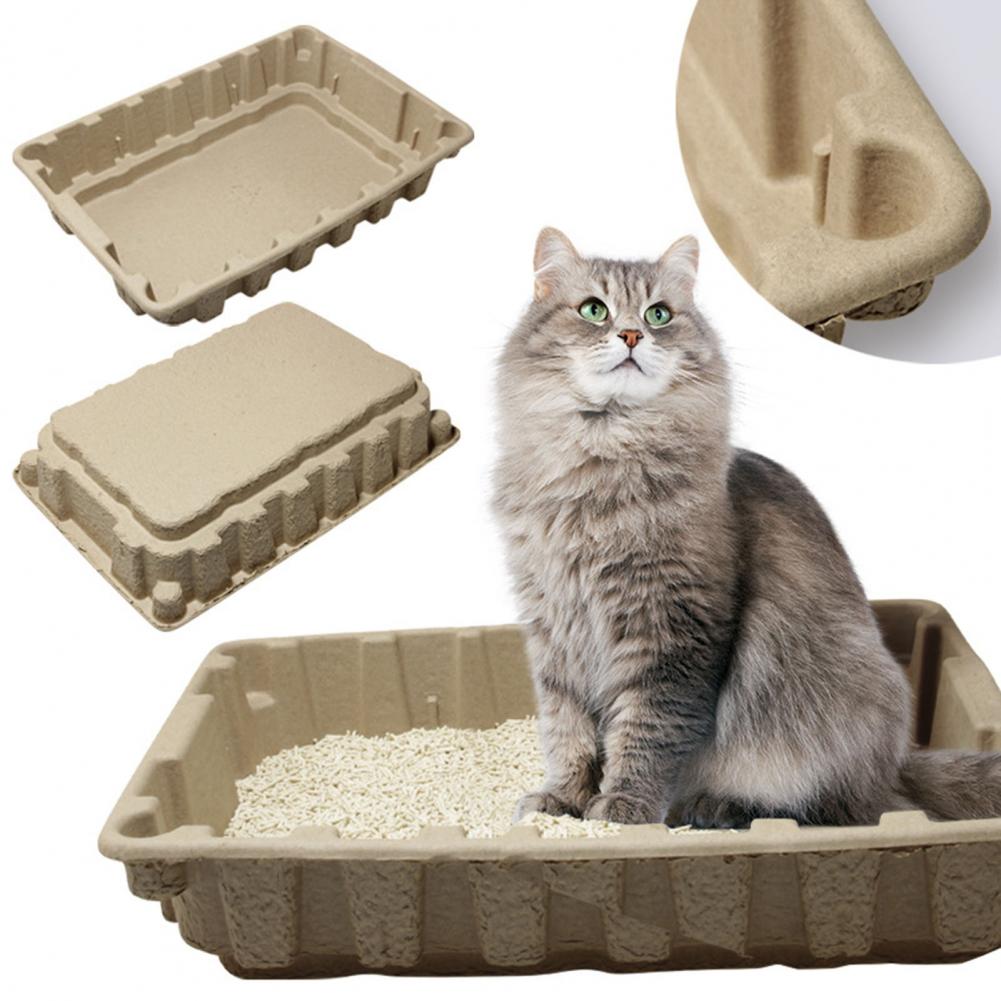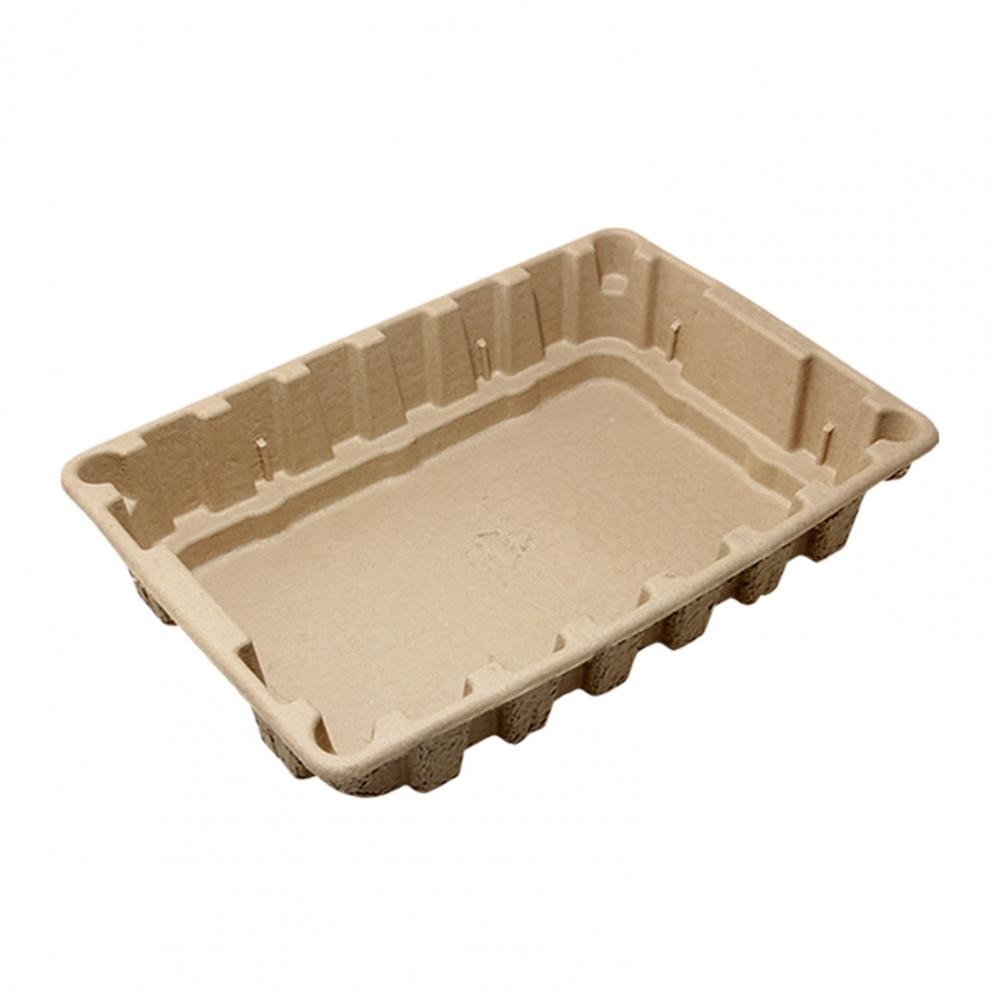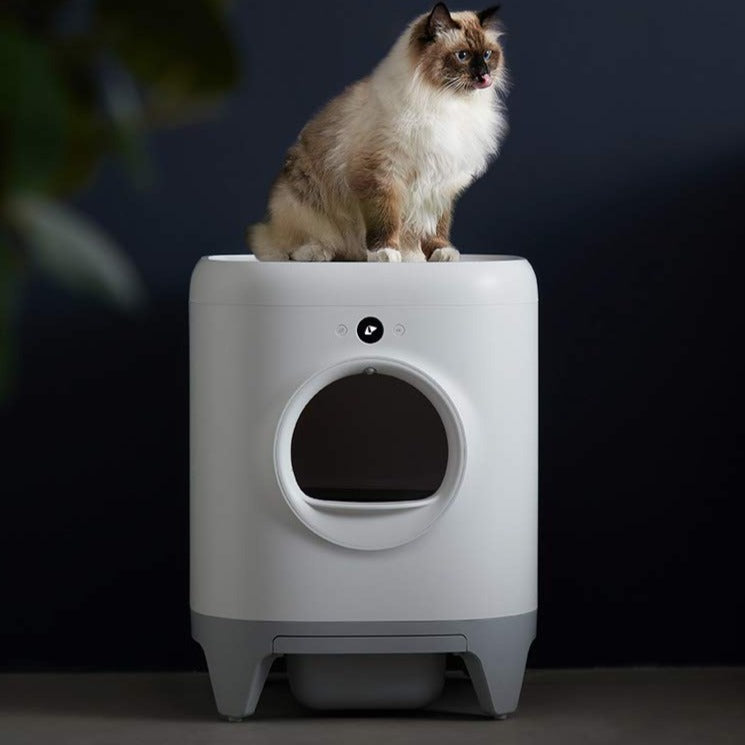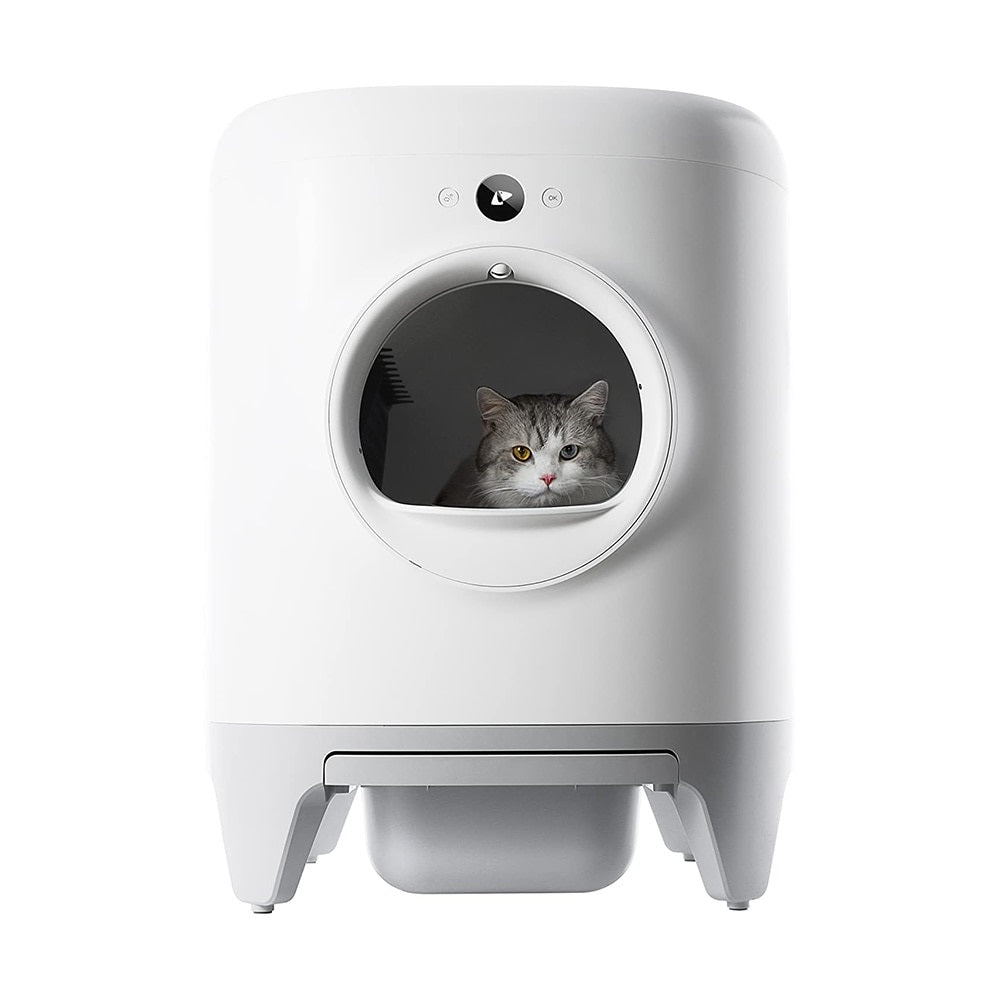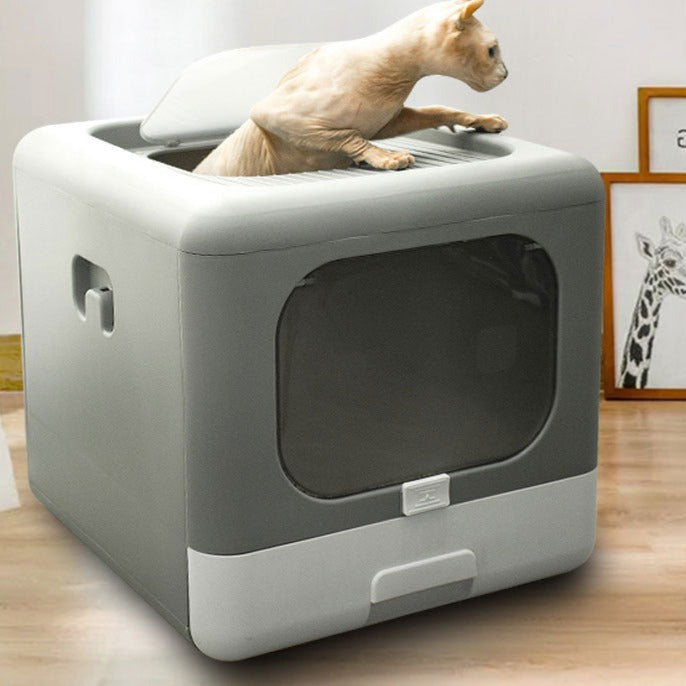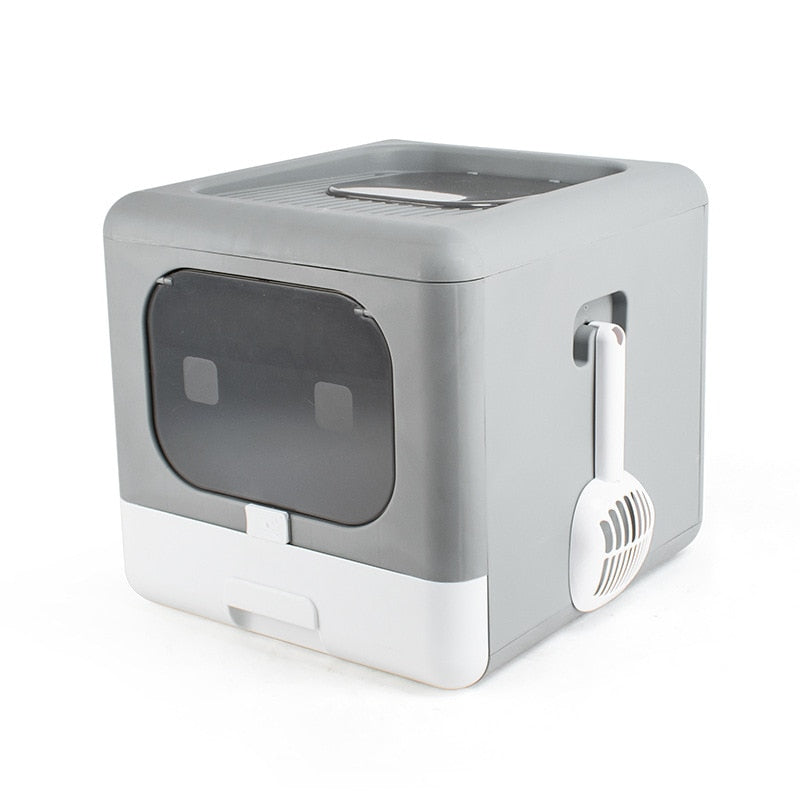Blood in Cat Stool: Causes & Solutions
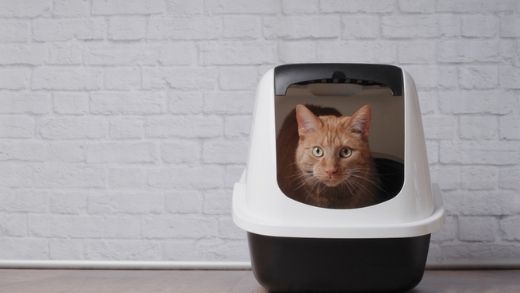
Blood in Cat's Stool What to do? Causes & Solutions

Have you noticed blood in your cat's stool and don't know what to do? There may be cause for concern, as blood in the stool is not trivial and usually does not bode well for a cat.
The best thing you can do in this situation is to consult a veterinarian who can precisely determine the origin of the problem and prescribe the appropriate treatment.
All that's leftis to understand what's going on, so you could add more information to help with the treatment, let's look at what to know if you notice blood in your cat's poop.
Bloody stools: Identifying where the blood is coming from
Note that the color of the blood observed in your cat's stool is a clue that can help you determine with relative precision where it is coming from as well as the seriousness of the situation.
Clear blood in the cat's stool Does the
blood in your little feline's stool show a light, slightly pinkish or bright red color ? Be aware that it probably comes from a lower lesion of the digestive tract or the anal region. In other words, its origin is in the lower gastrointestinal tract, either in the large intestine or in the anus.
Bloody stools with this coloration are usually the most obvious to be noticed by owners, since here the blood does not color the droppings, but covers them.
Dark blood in the cat's stool
On the other hand, if the sans observed in your cat's stool has a dark or black coloration, this means that the origin of the bleeding is most certainly in the upper part of the digestive tract (gastrointestinal tract superior).
The dark or blackish tint observed is due to the fact that the blood was partially digested during its transit through the digestive tract. This type of bleeding is usually a more serious problem affecting either your cat's stomach, the small intestine or the colon.
Why does my cat have blood in the stool?
Be aware that there are several different causes that can explain why your cat's blood ends up in his stool.
Thus, your companion may have bloody stools because he is constipated. It is common in cats prone to constipation for hardened fecal pellets to cause extreme dilation and irritation of the walls of the intestine or rectum as they pass. This explains why the droppings are covered with blood.
But if your cat has blood in his stool it is also because he is probably sick. Certain pathologies are known to cause inflammation leading to hemorrhage or bleeding in your animal's digestive system. This is the case, for example, with generalized cancer, cat typhus, chronic inflammatory bowel disease (IBD), etc. But let's not be alarmist immediately.
7 reasons for the presence of blood in stool in cats
To help you quickly understand the cause bloody stools in your cat, we identified for you 7 of the most common reasons that may explain the presence of blood in the stool of 'a cat and representing a possibility of disease in the cat.
Intestinal parasites
A cat with a stomach colonized by parasites and intestinal worms is more likely to have bloody stools. This is because these intestinal parasites irritate the intestinal walls and release toxins that cause bleeding.
Their presence can be associated with stomach bloating, diarrhea and the strong smell of poop. The more these parasites are discovered and treated the better the cat is and finds normal stools.
Hemorrhagic gastroenteritis
This is an intestinal disease characterized by inflammation of the stomach or the upper part of the cat's intestine causing intestinal bleeding. Gastroenteritis can also be the result of a bacterial or viral infection such as panleukopenia, or chronic bowel disease…
Poisoning
The presence of blood in a cat's stool can also be due to poisoning. This can occur after taking a drug containing anti-coagulant active ingredients, for example, or following the ingestion of a poison contained in rat poison products.
Digestive masses with bleeding
Digestive masses here mainly refer to intestinal tumors from which some cats may suffer. These will cause inflammation and hemorrhages in the place of the digestive tract where they take shape, hence the presence of dark blood in the cat's stool.
Intolerance with digestive irritation
From a food source, this cause generally results from the consumption of an unsuitable or intolerant food by the cat. The latter can cause digestive irritation and bleeding from the stomach or intestine which will end up in the cat's droppings.
A foreign body injuring the intestinal wall
Sometimes bloody stools in cats are due to the presence of a foreign body in their digestive tract, the movements of which injure the intestinal wall. It can be a piece of plastic, a badly digested bone, a needle, etc…
The blood which escapes from the wounds caused will mix with the excrements of the cat, causing their coloring. In most cases, the presence of a foreign body will be accompanied by abdominal pain, loss of appetite, transit problems and requires urgent surgery to relieve the animal.
A Bleeding Perianal Lesion
Finally, the blood present in the cat's stool can result from a perianal lesion. The latter can result from a fight injury with a congener, an abscess or an outgrowth located at the edge of the anus. In the event of a perianal lesion, your cat may bleed every time he defecates.
What to do if there is blood in my cat's stool?
Blood in the stool is not trivial and usually does not bode well for a cat. In the event of a bloody stool in your feline, here are some tips and recommendations on the measures you need to adapt that can save your companion's life.
Do not settle for a simple digestive thought or tips based on similar cases.
In the event of bloody stools, you should avoid giving stomach thoughts to your little hairball or any other medication that may be suggested to you. Self-medication without extensive knowledge of a drug and its effects on animals is dangerous.
In the same sense, it is not recommended to try to apply a treatment that would have been prescribed to the cat of a relative or another person. The causes of bleeding and the cases experienced are not always the same for all cats.
See a veterinarian as soon as possible
Bloody stools can hide a more serious health problem. The vital prognosis can be engaged in the event of hemorrhage, an urgent veterinary consultation is necessary as soon as you notice the presence of blood in the stool of your cat.
Only the veterinarian can, after a diagnosis, determine the precise cause of the bleeding and apply the appropriate treatment to relieve your feline.
Observe some preventive measures
These include, for example, measures to:
- Avoid constipation which can irritate your cat's lower gastrointestinal tract. Make sure it is well hydrated, moisten its food or alternate between dry and wet food.
- Favor quality foods suitable for your cat in order to limit cases of intolerance that can irritate his digestive tract.
- Worm your little feline regularly to protect it against parasites and intestinal worms.


